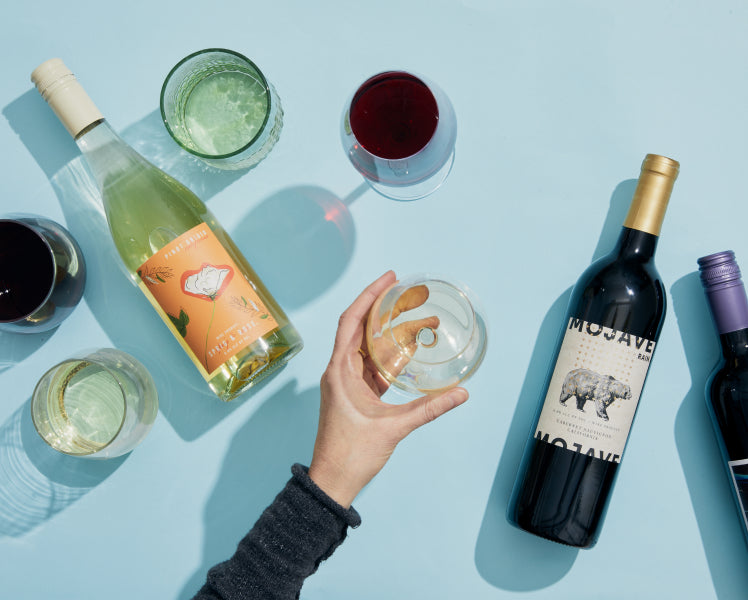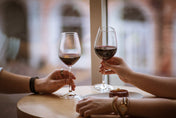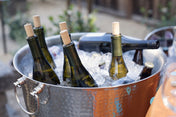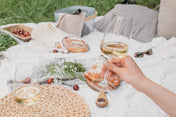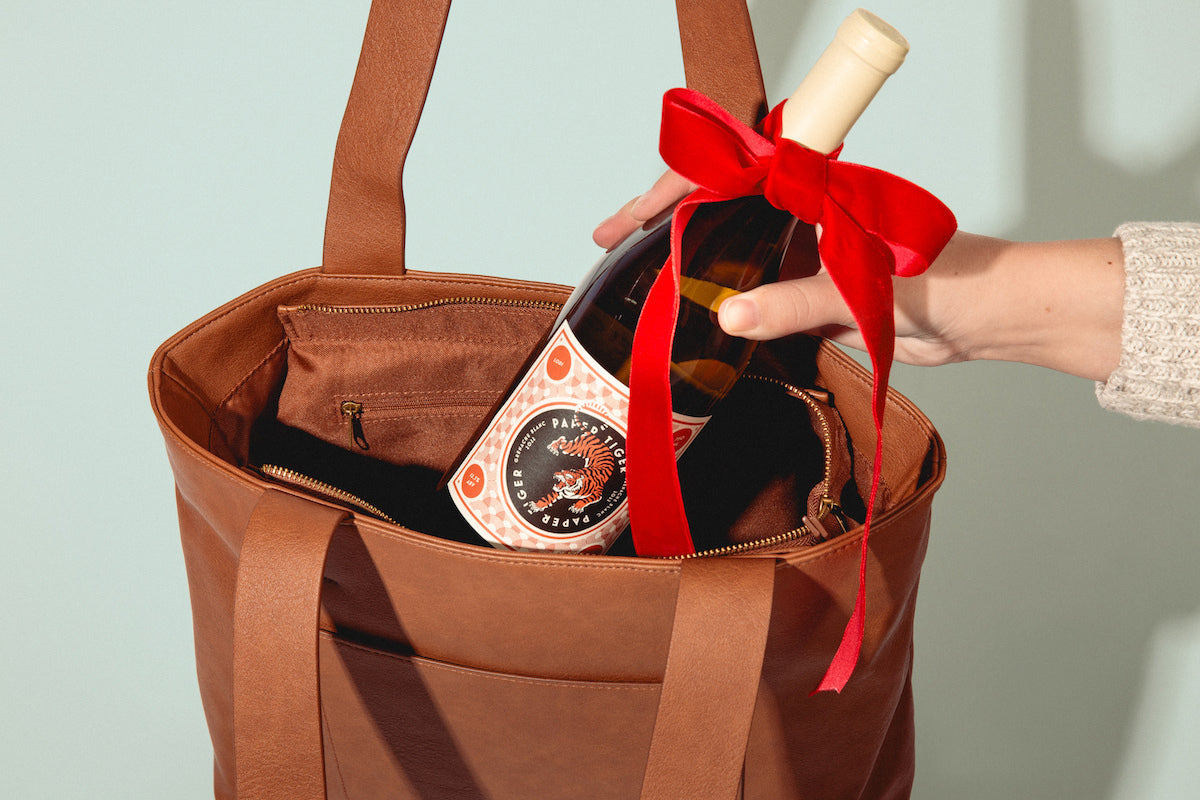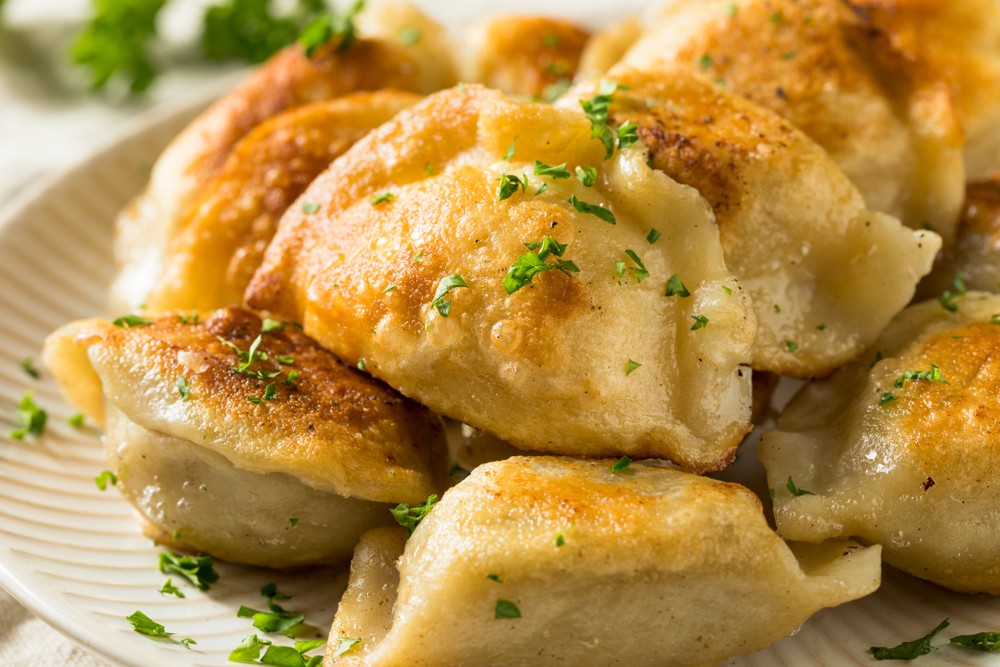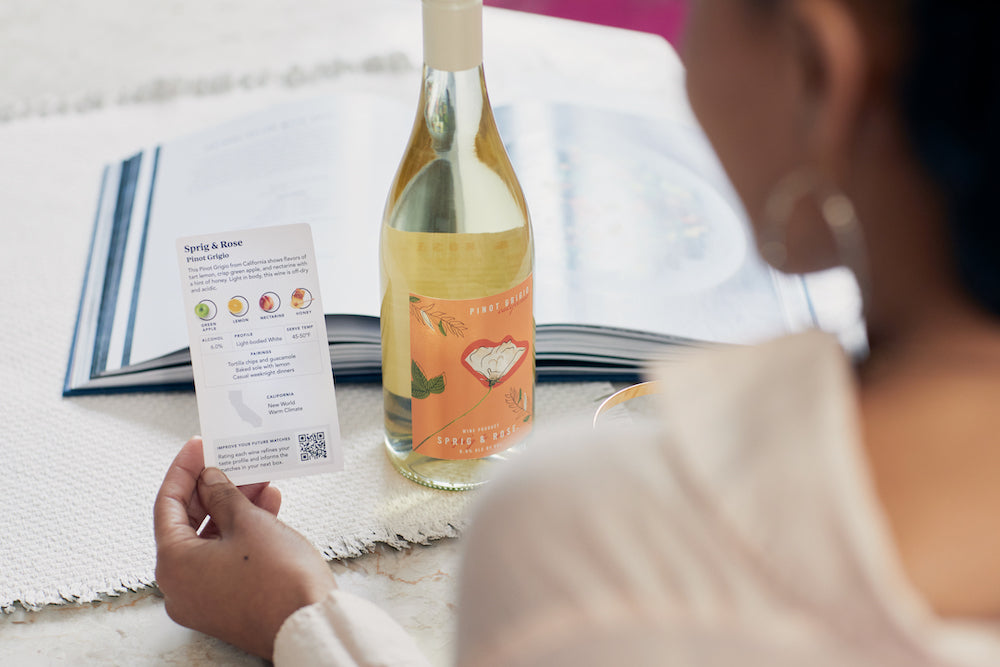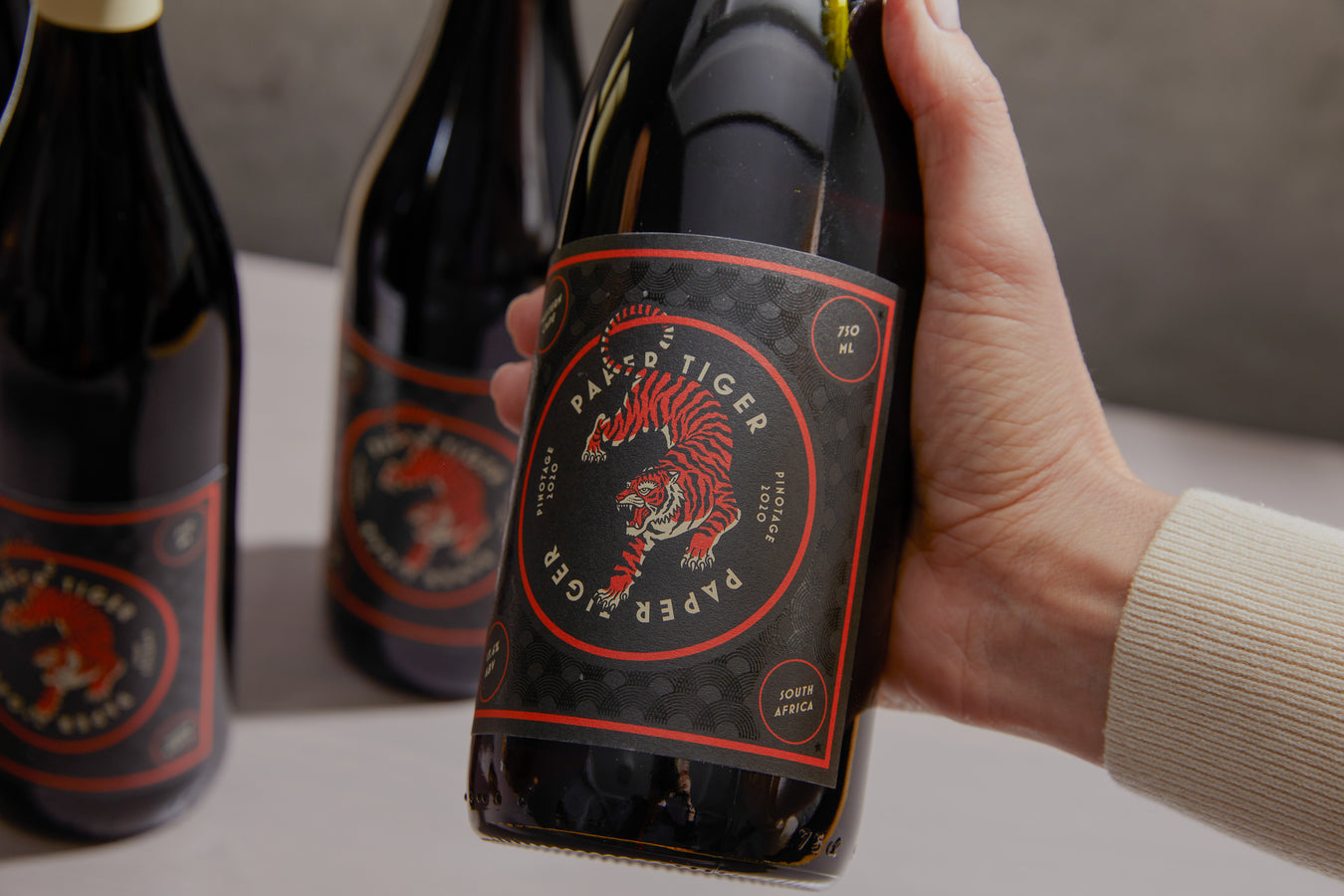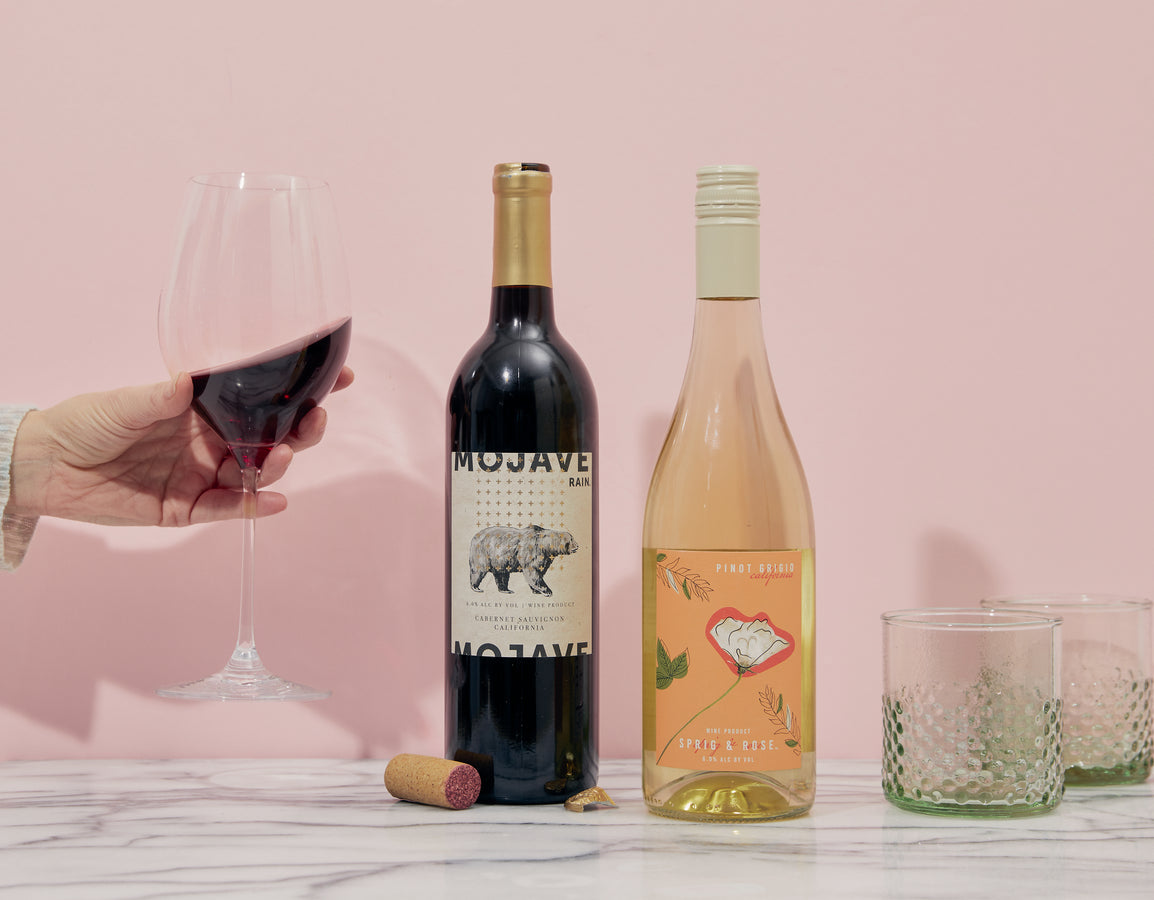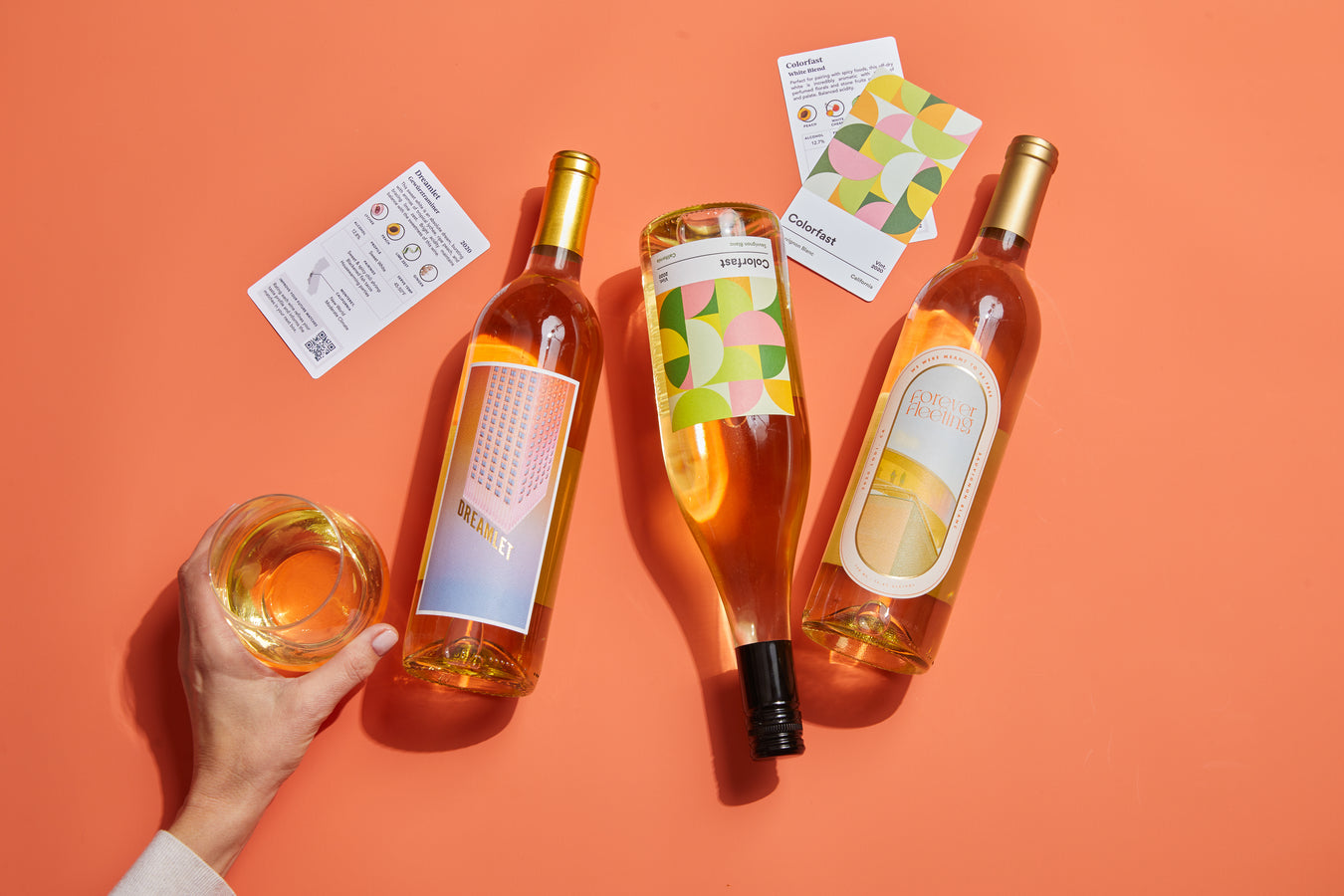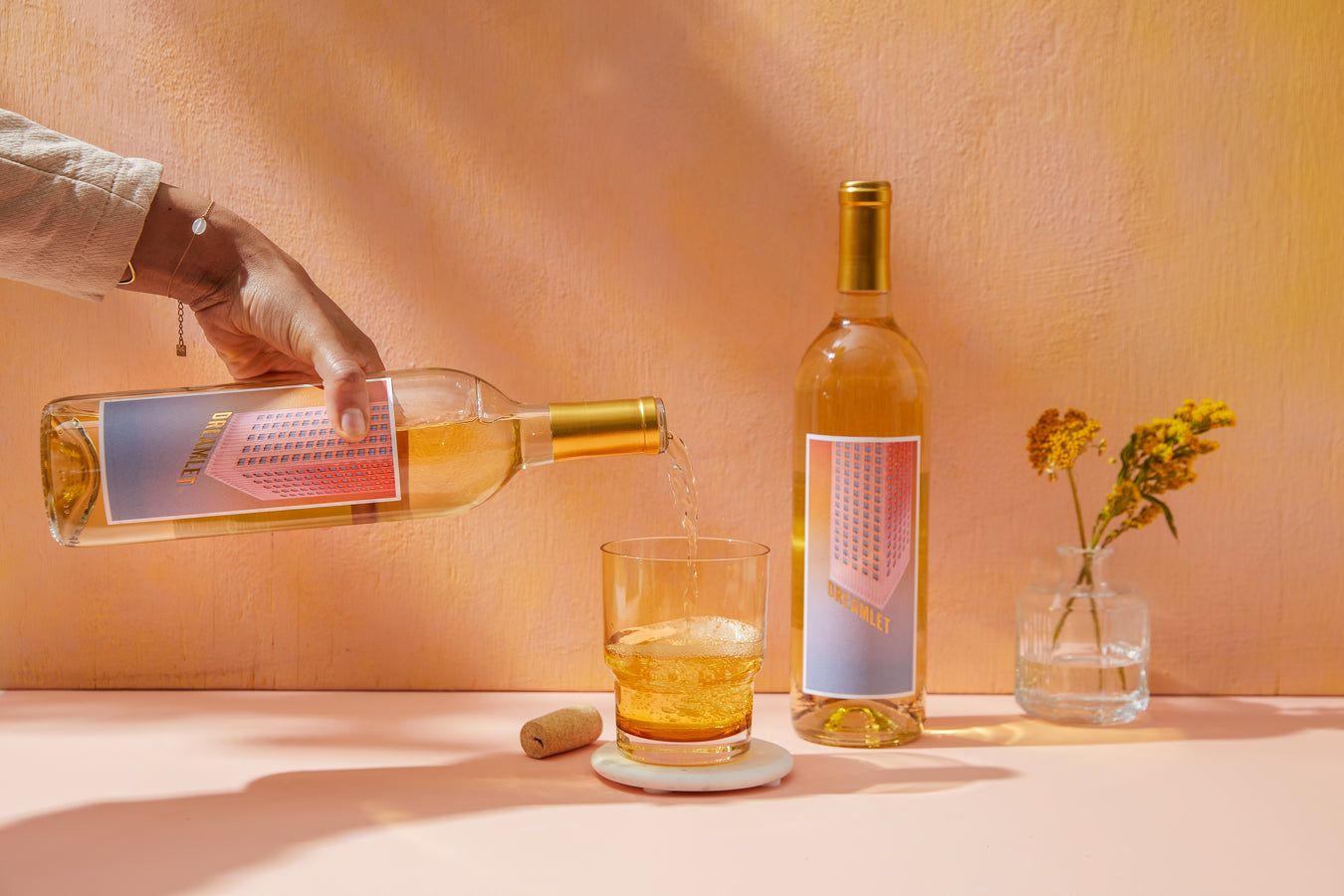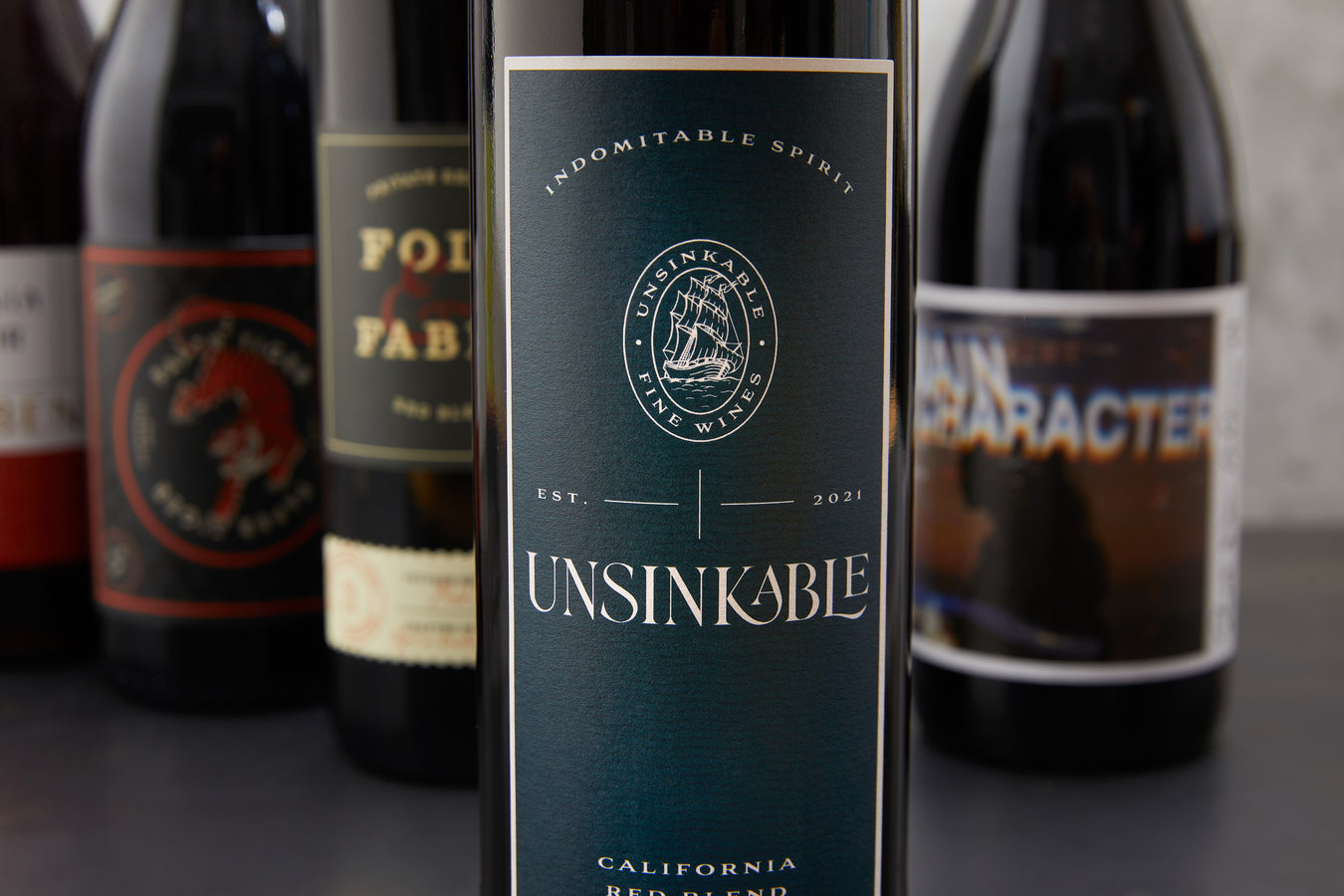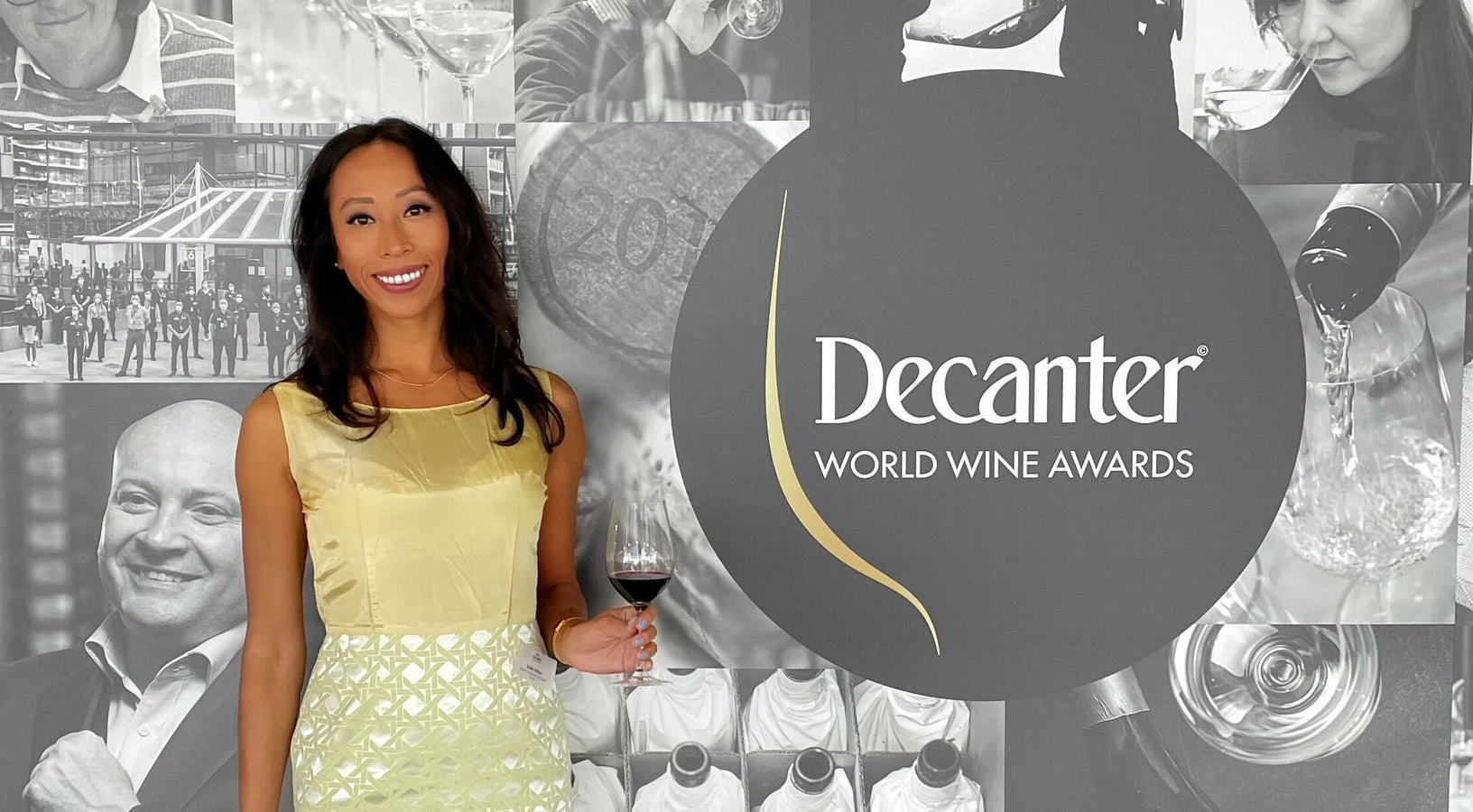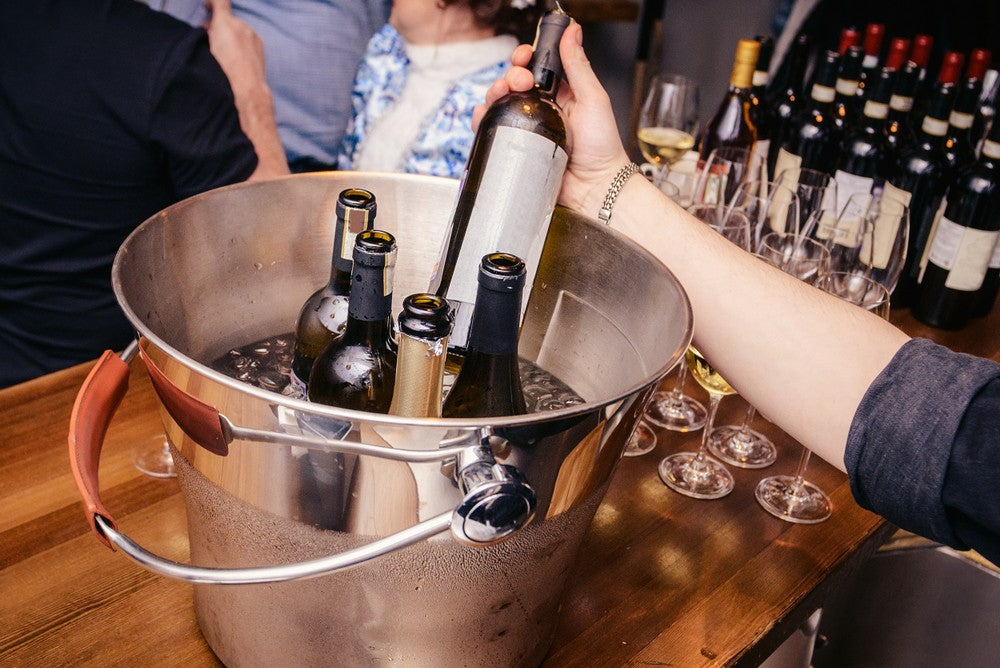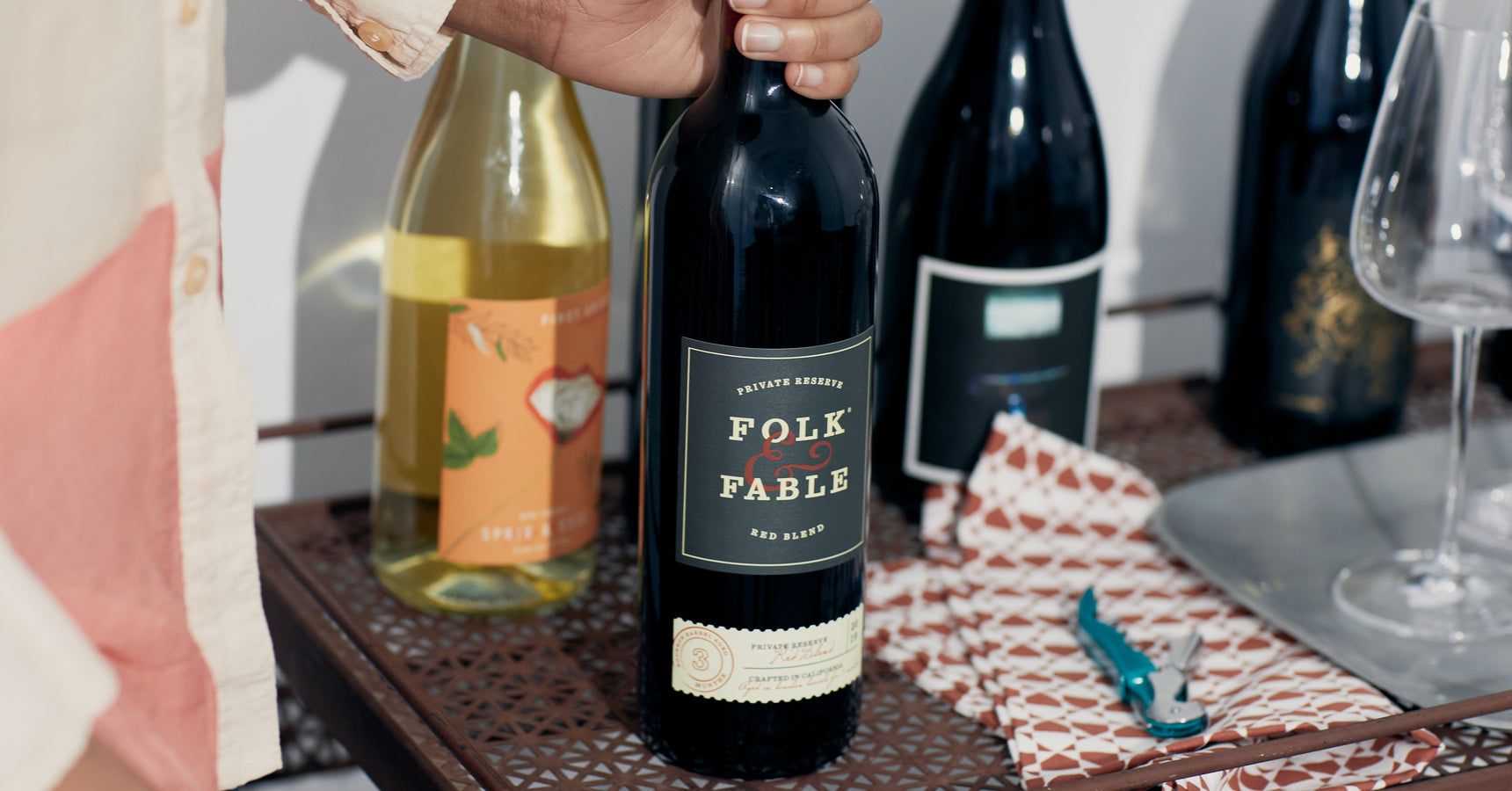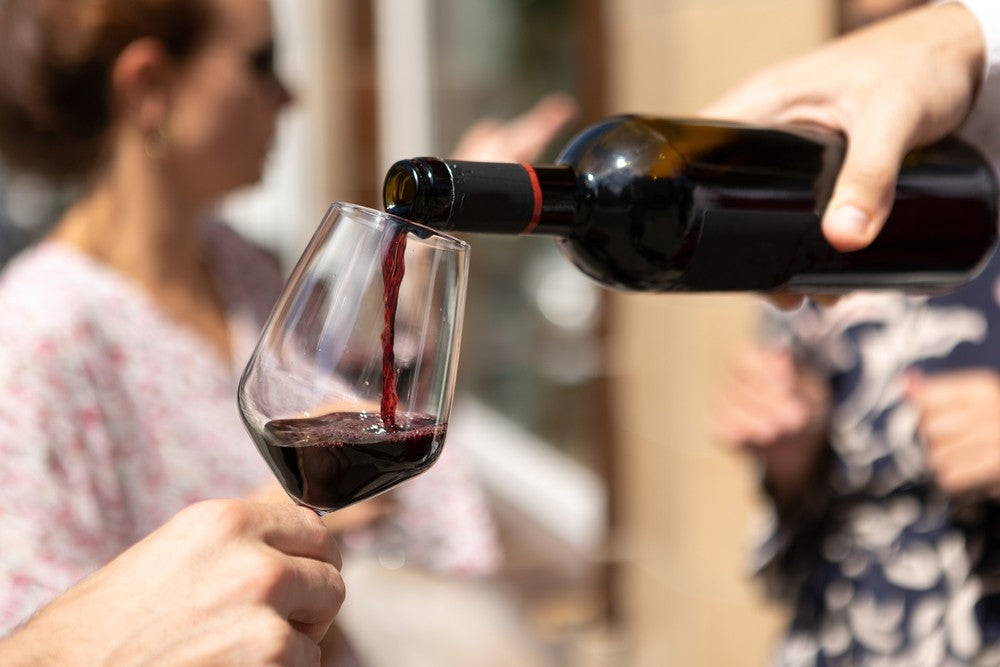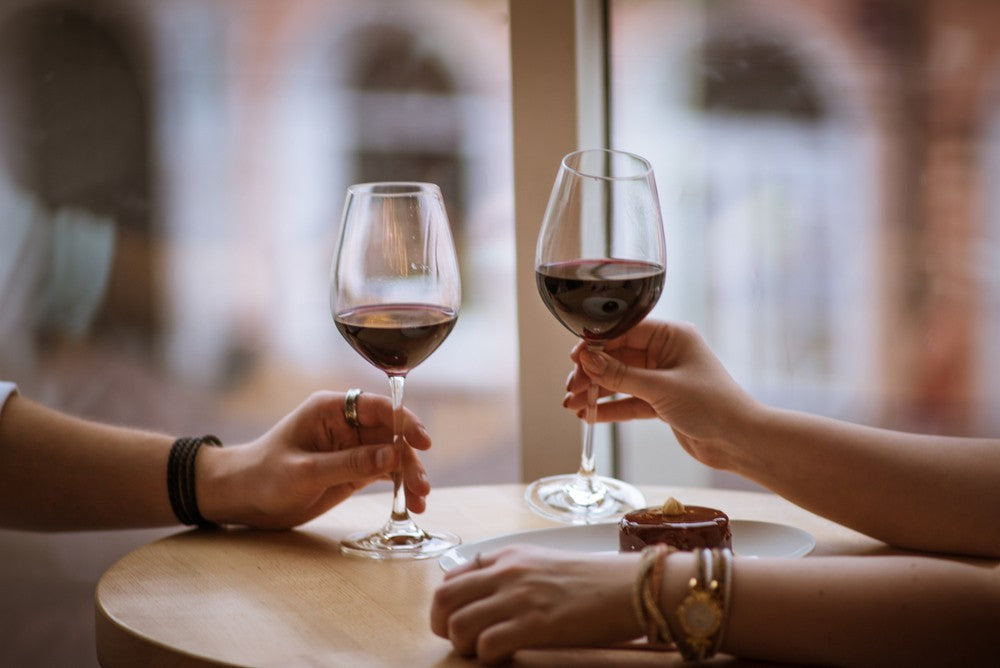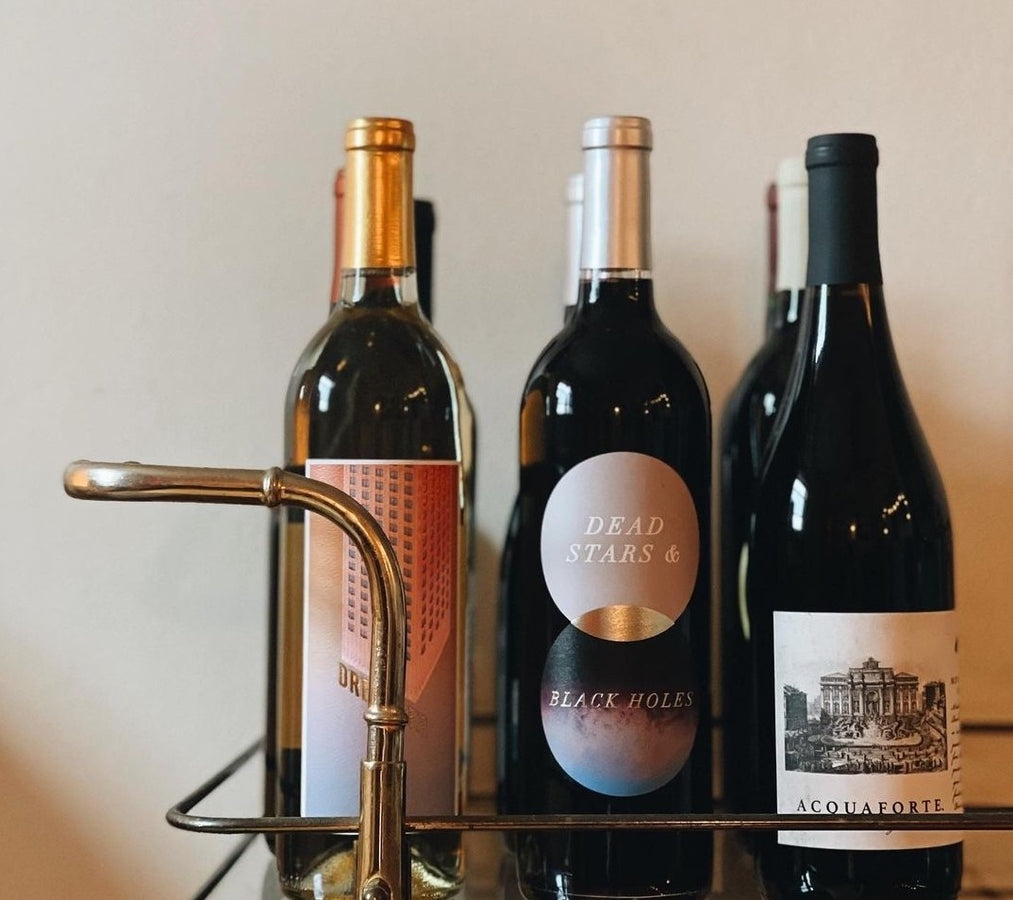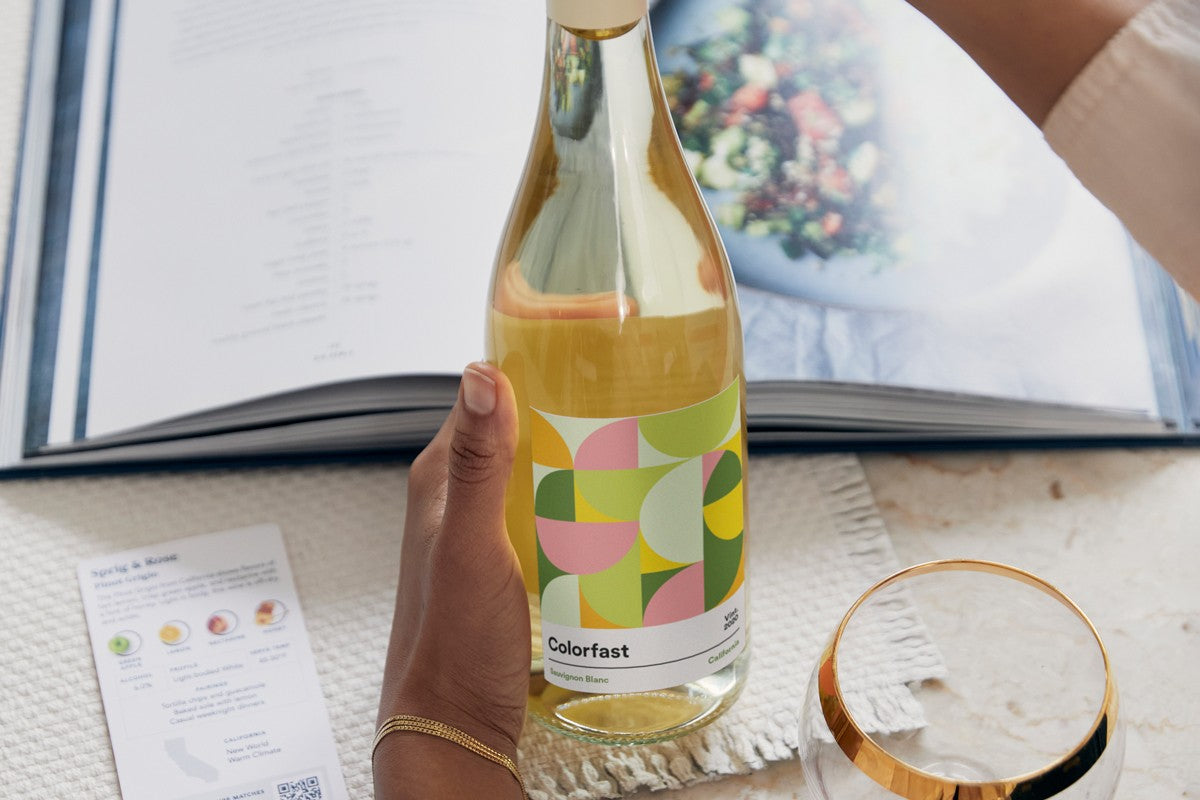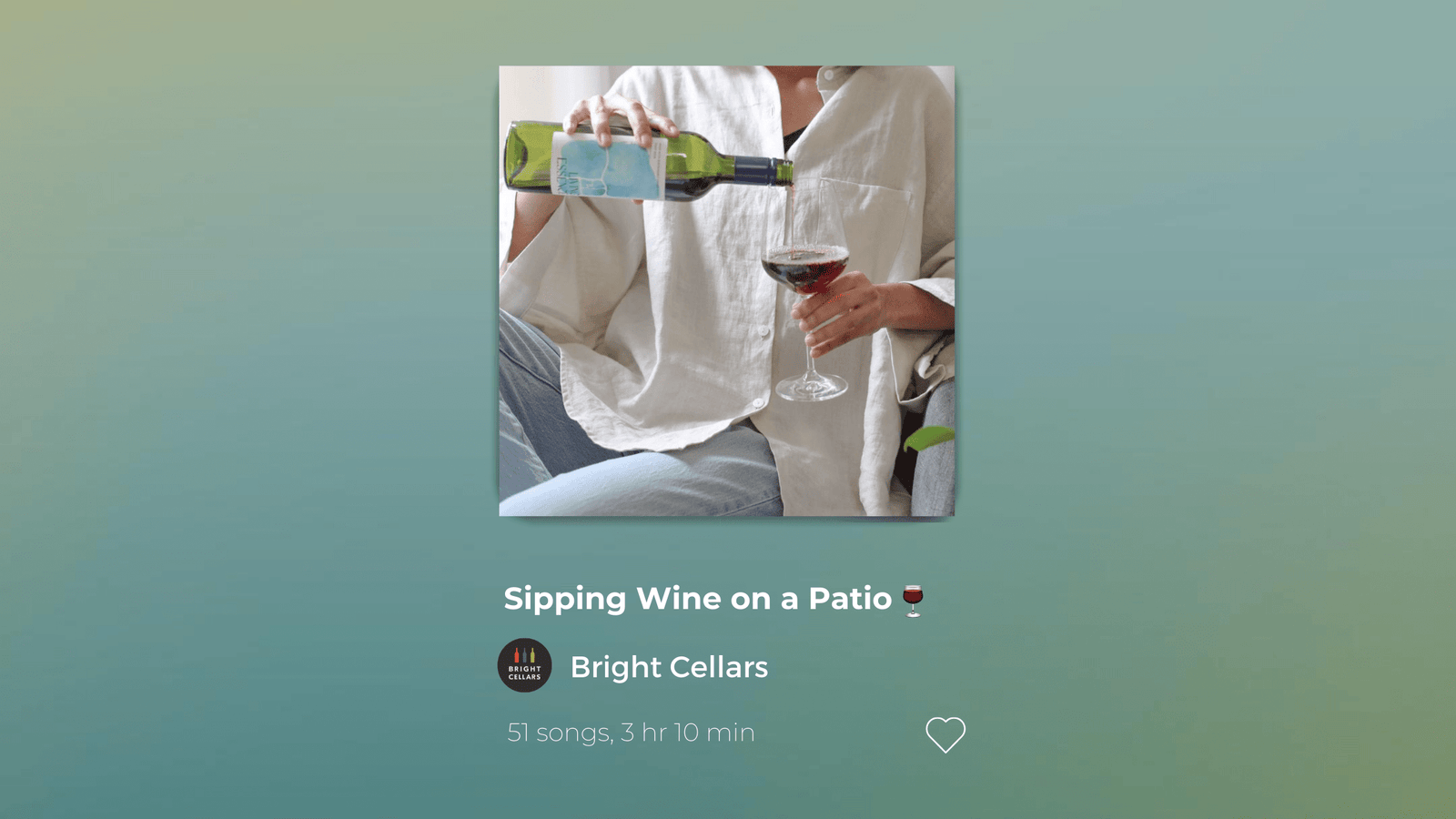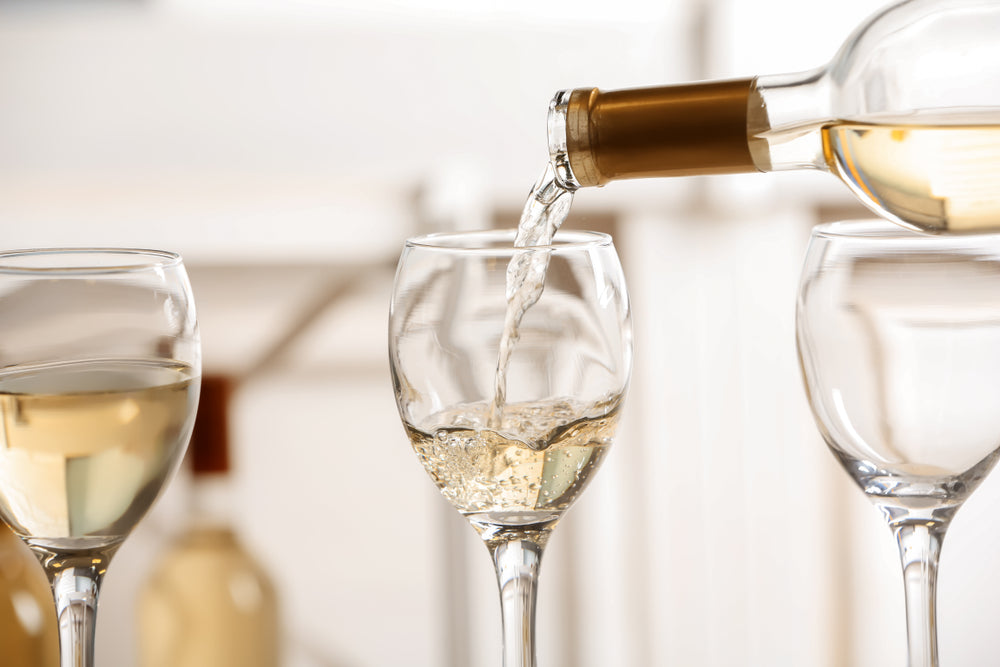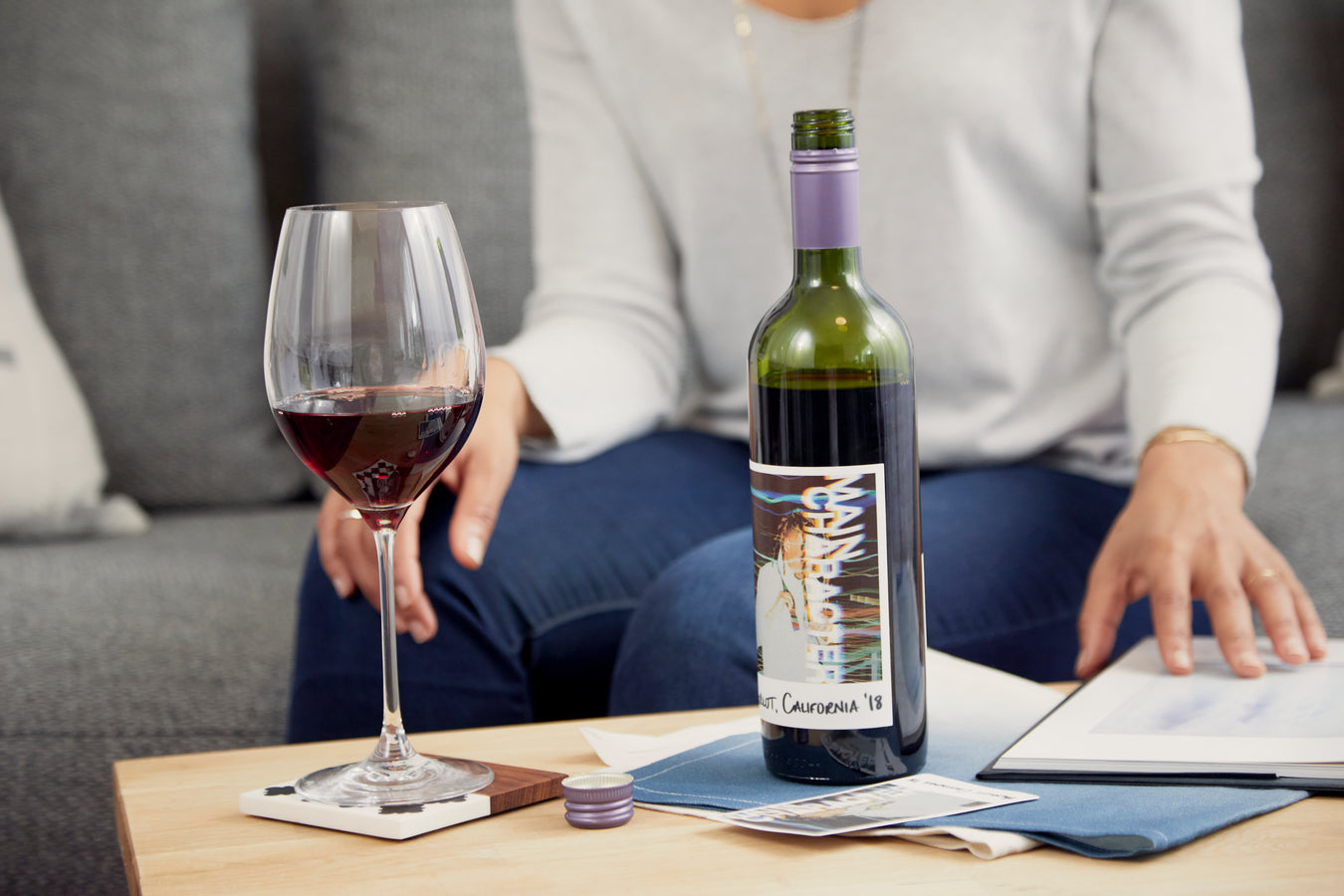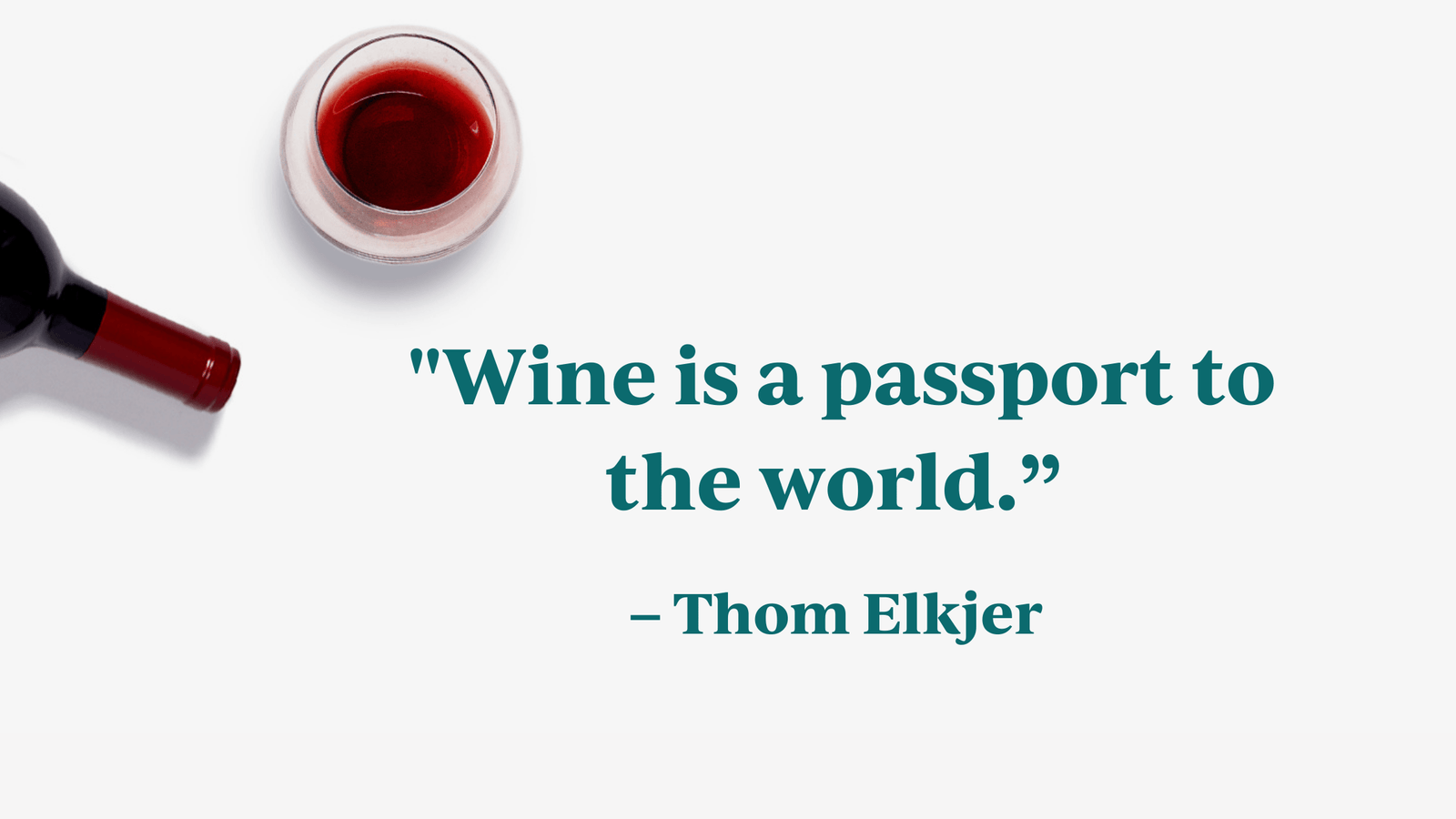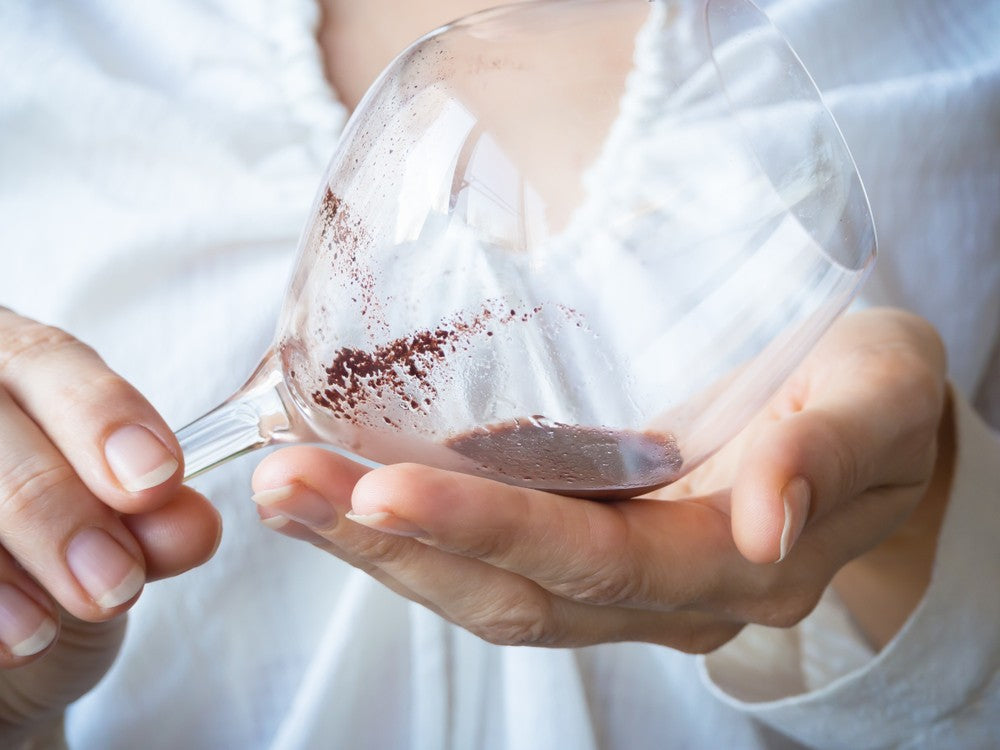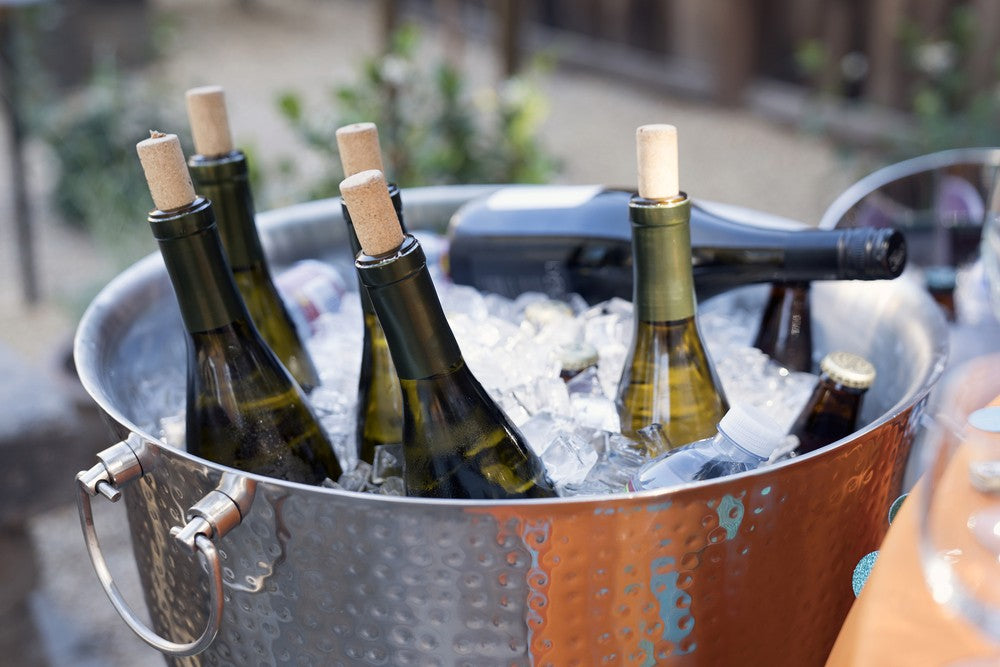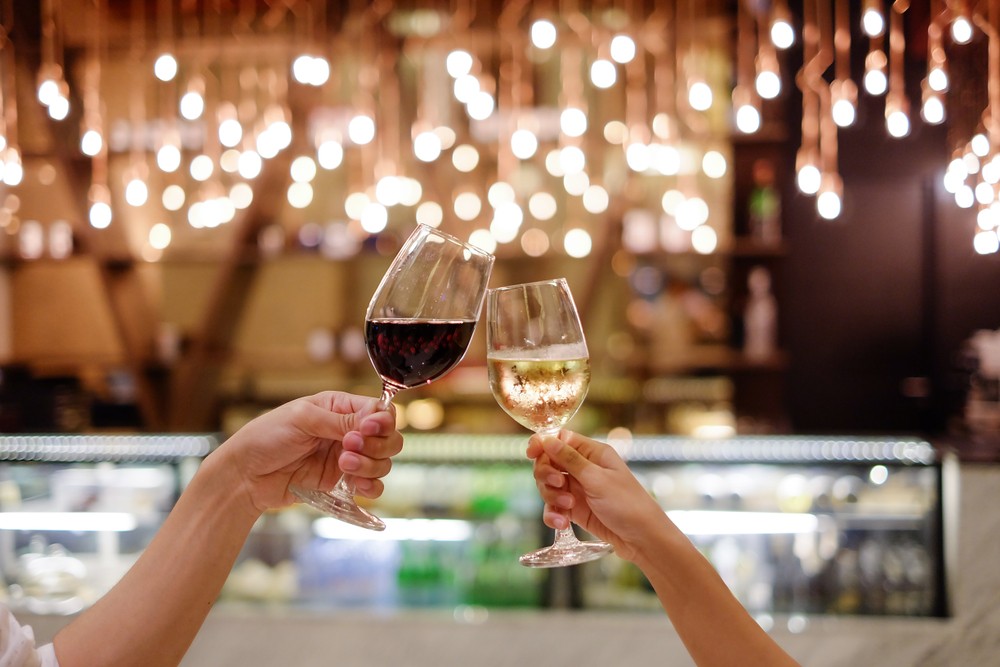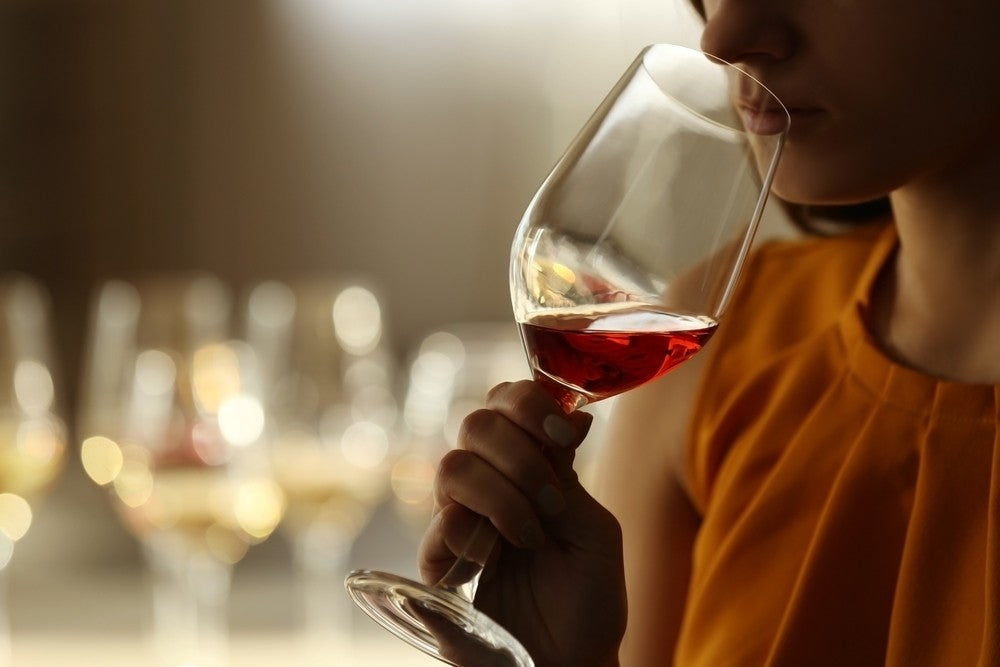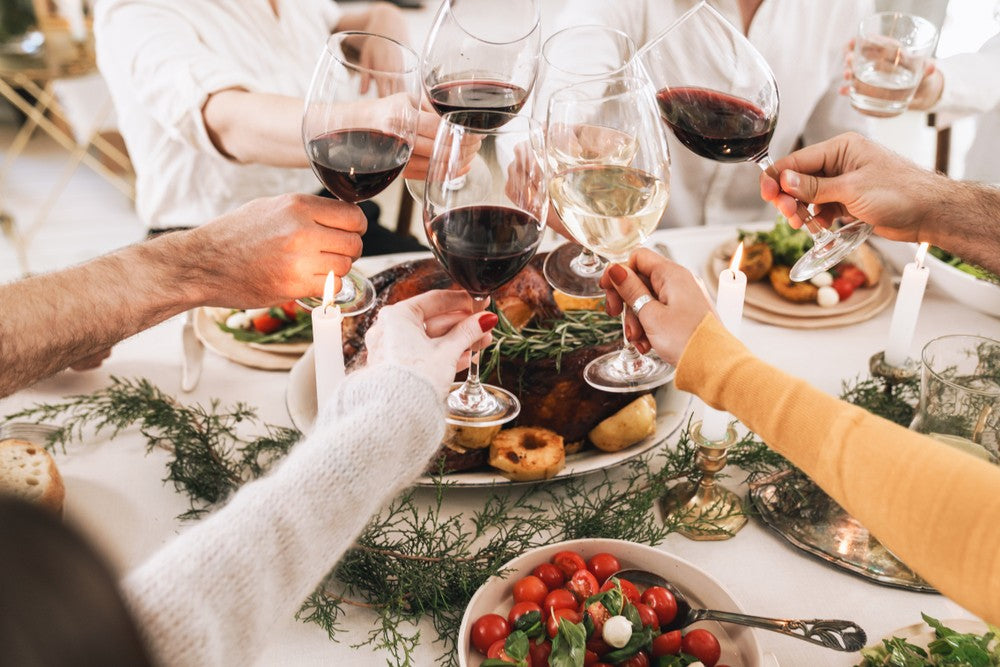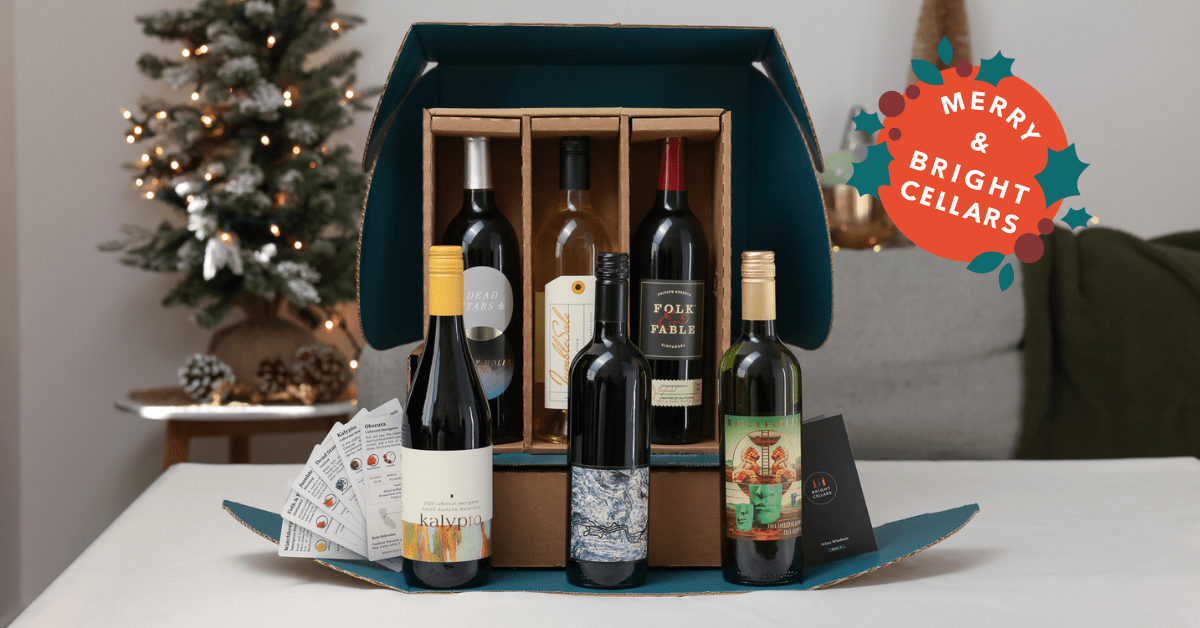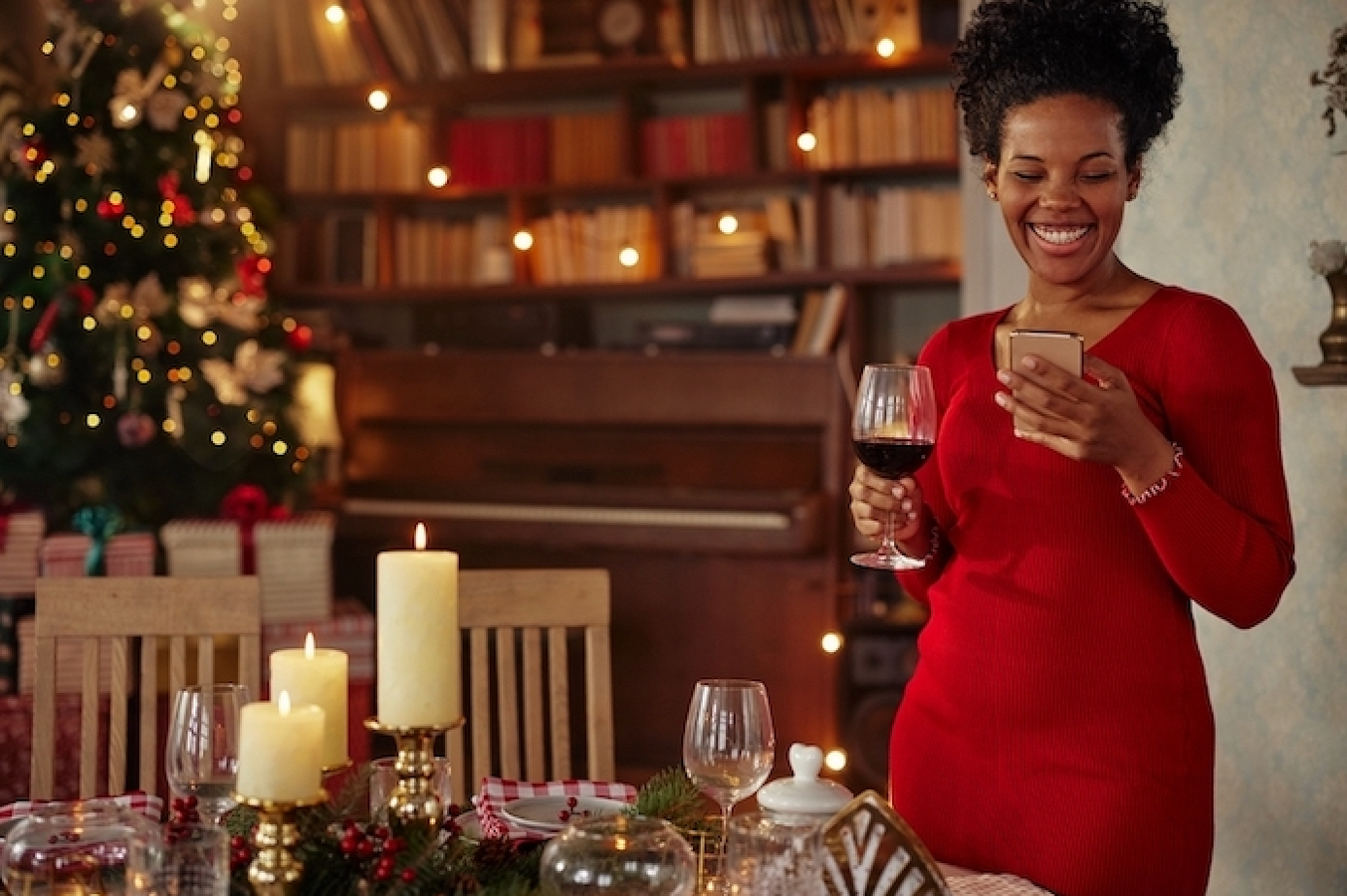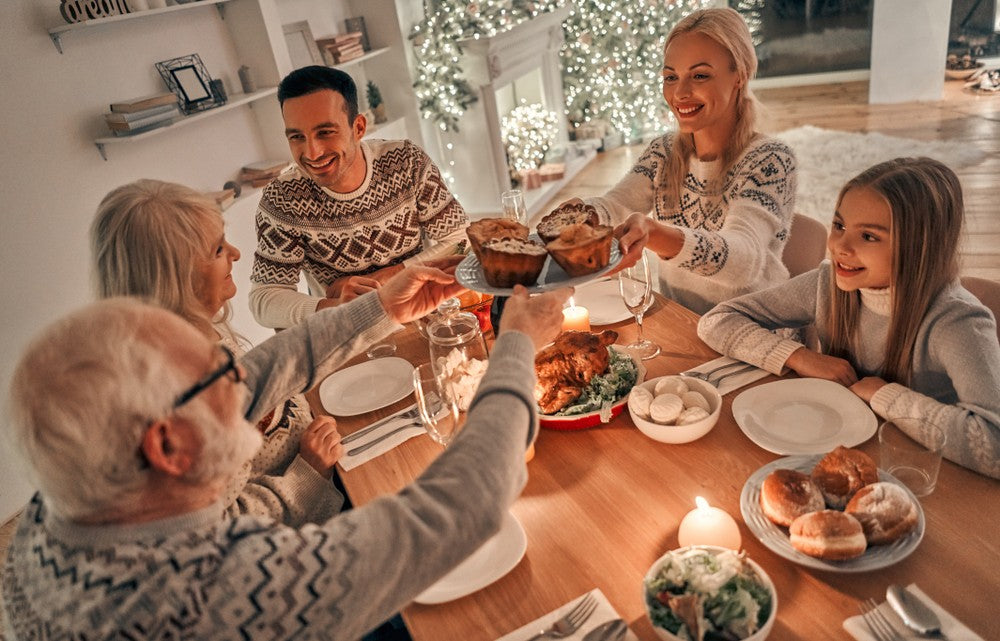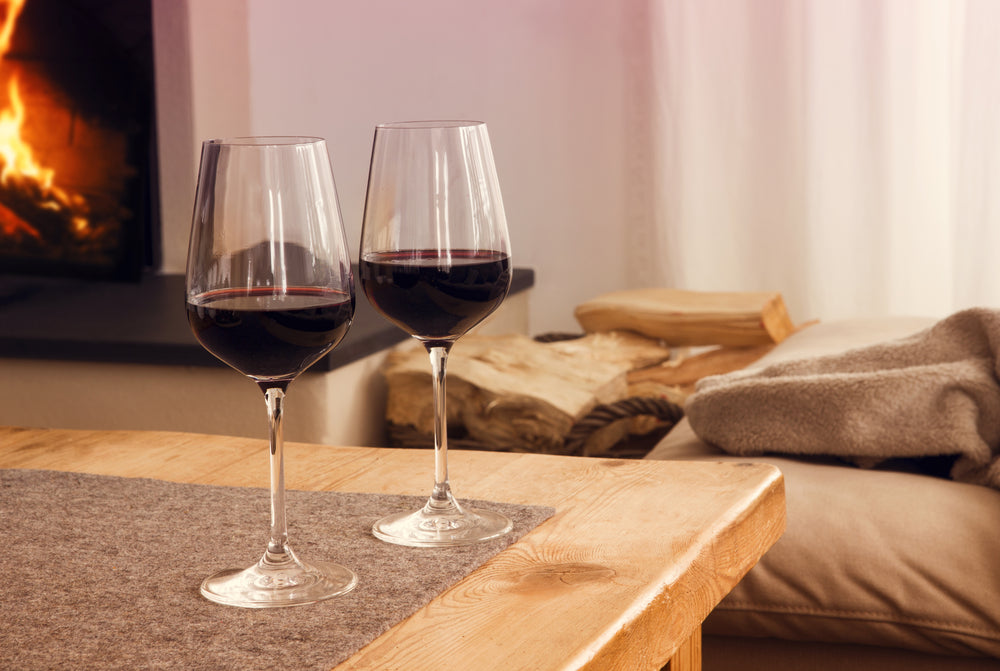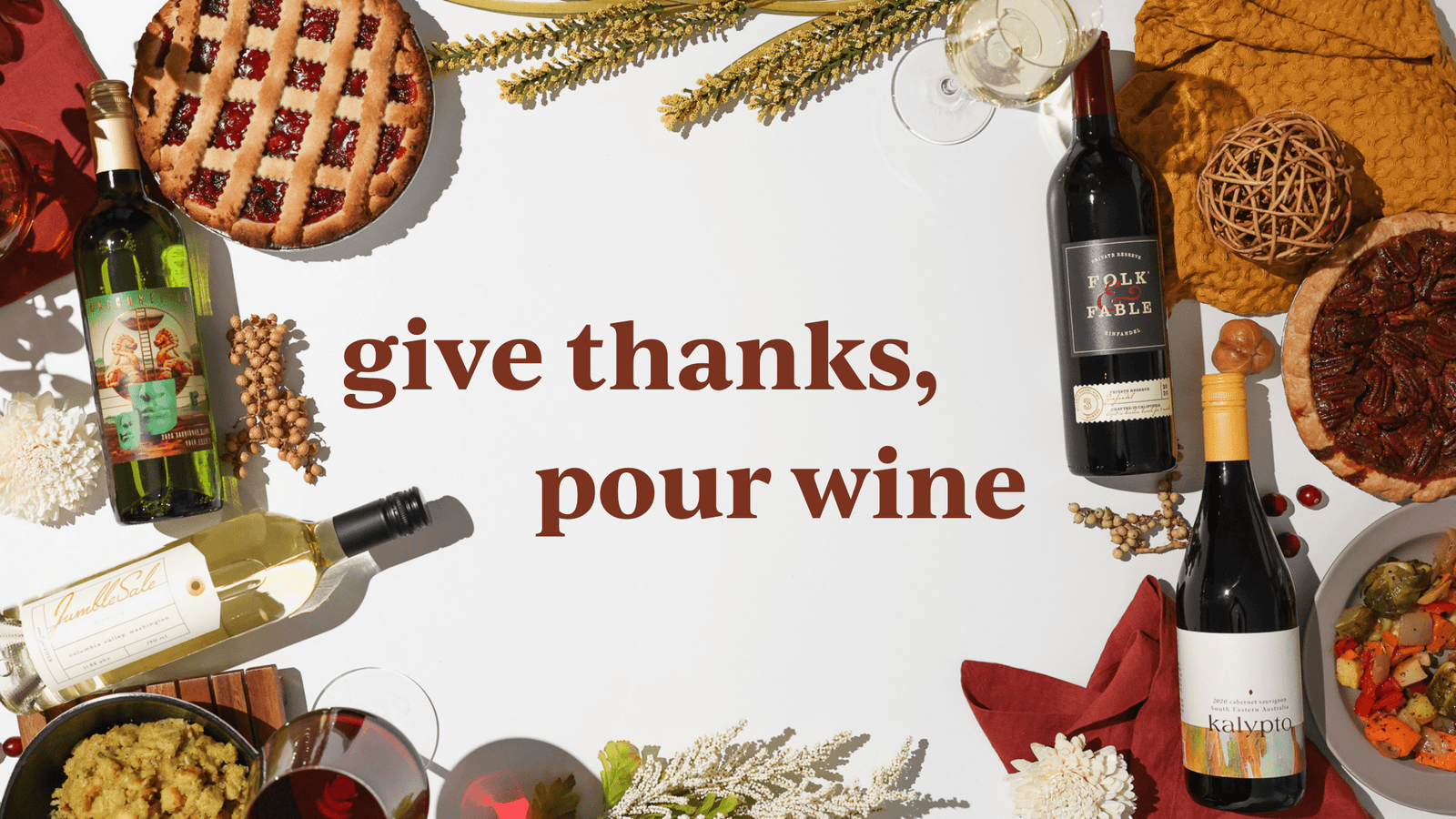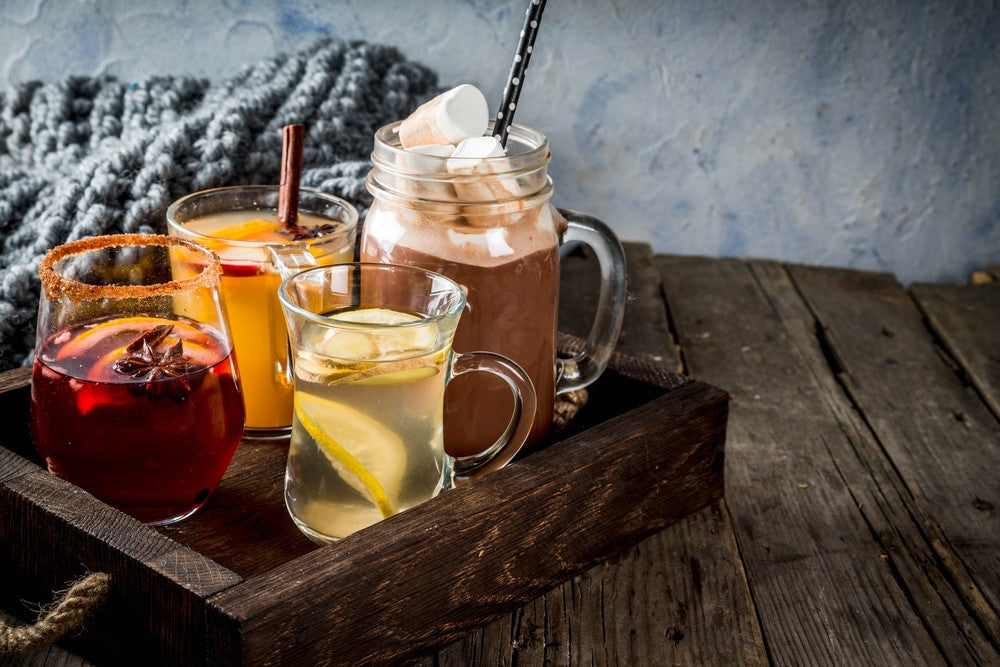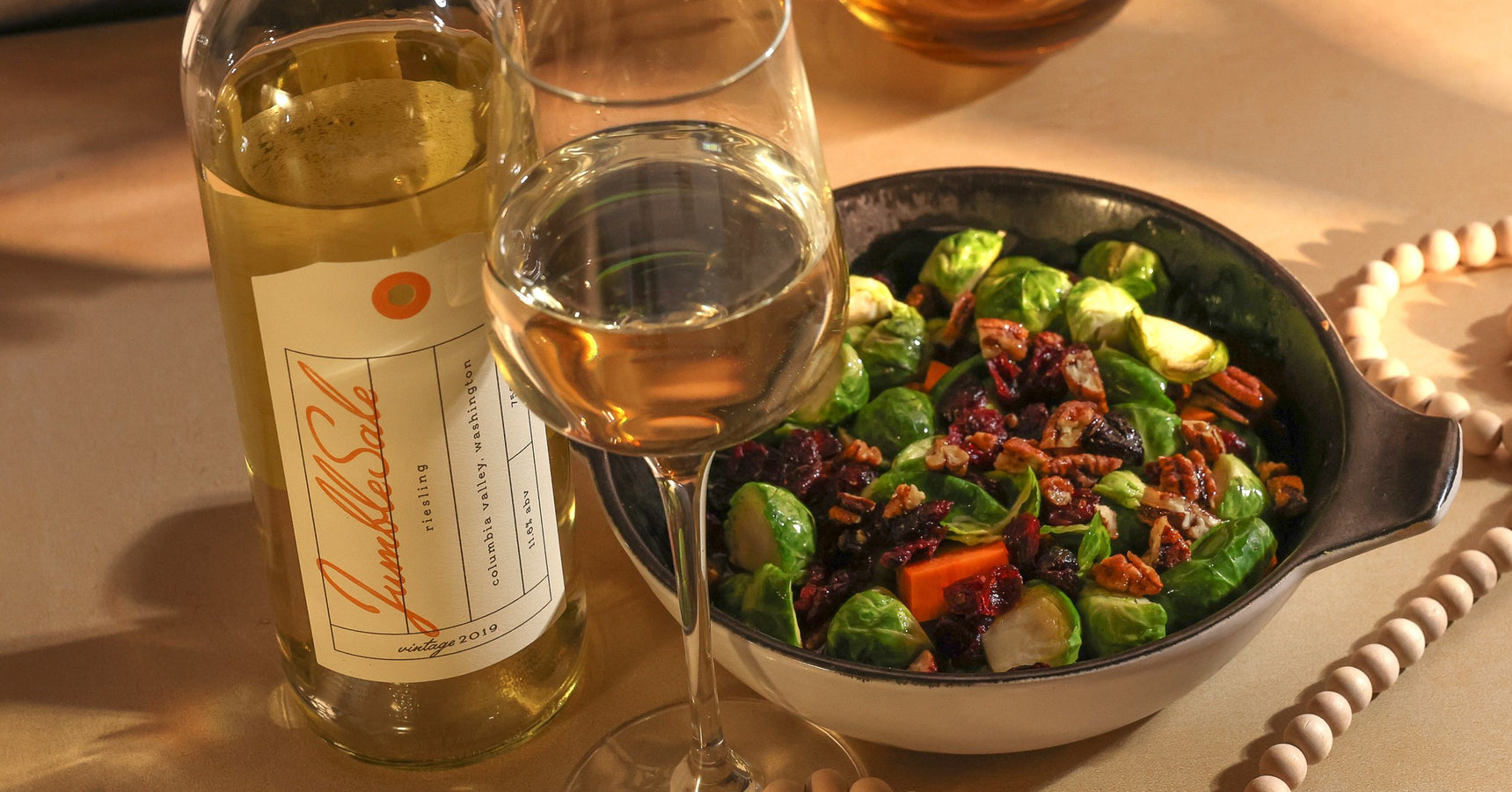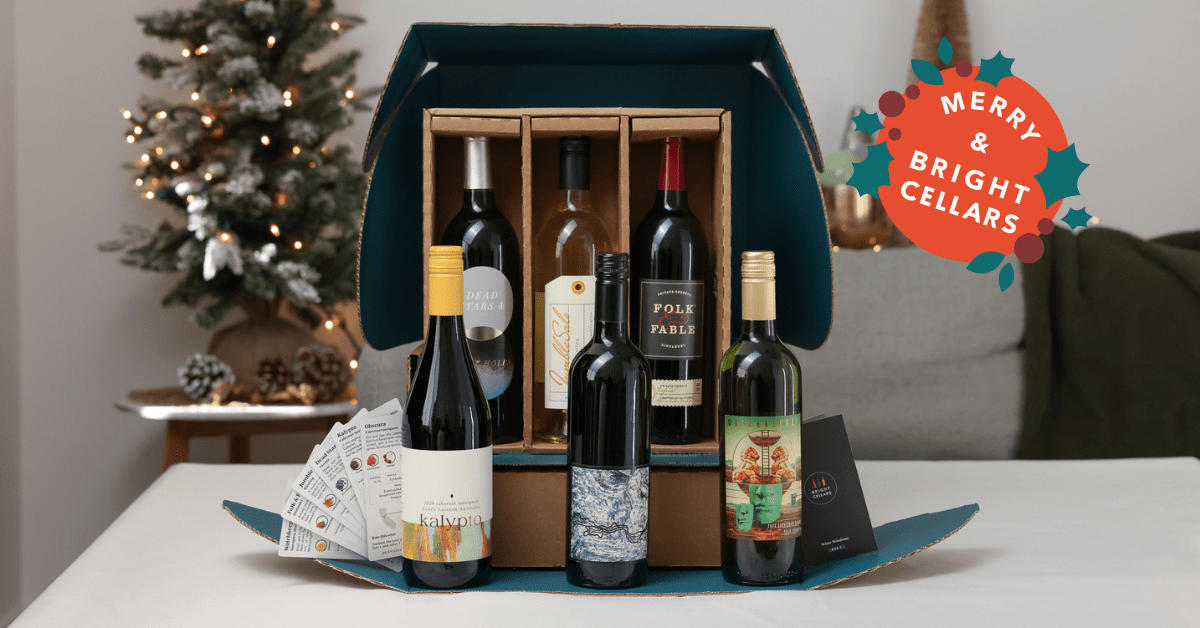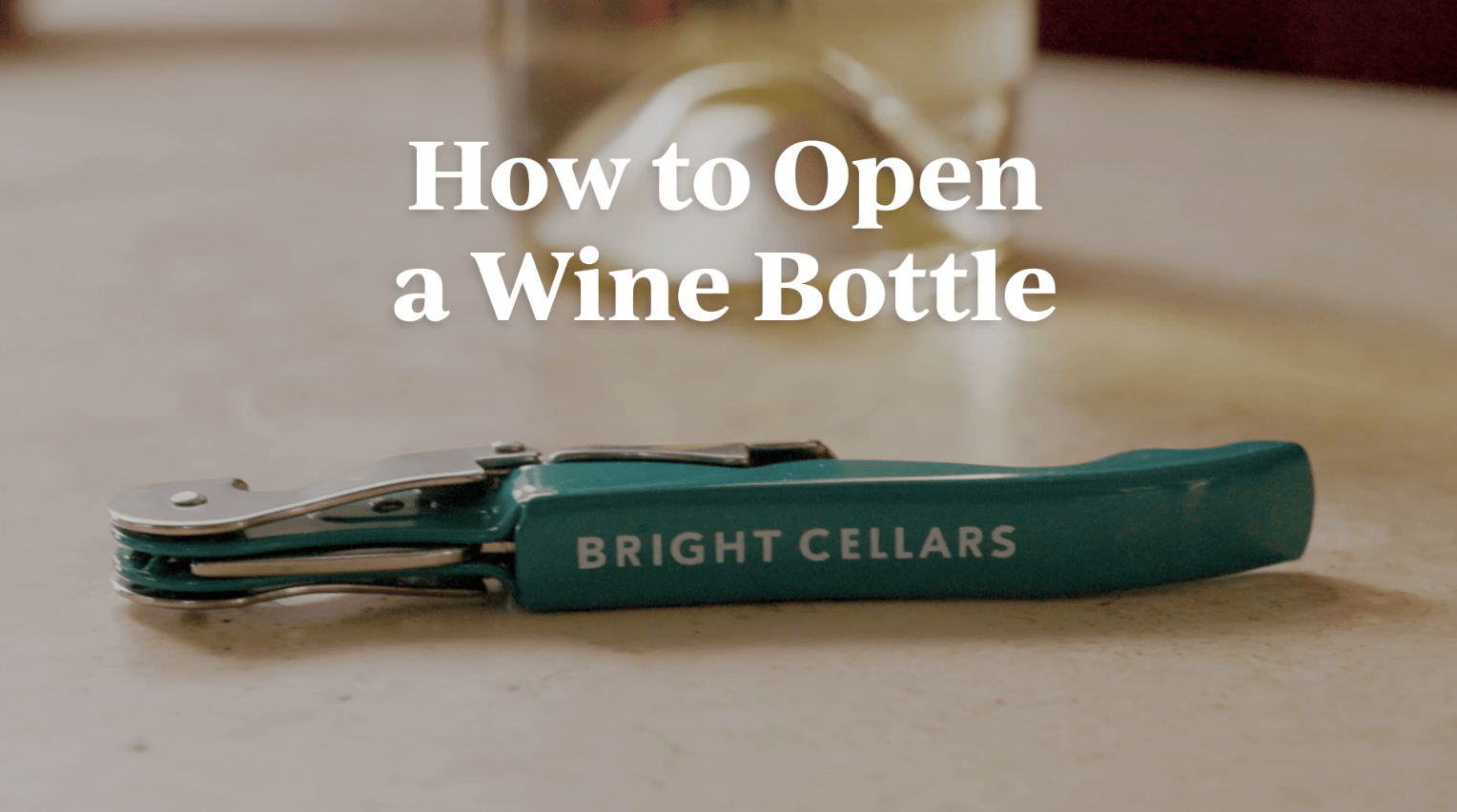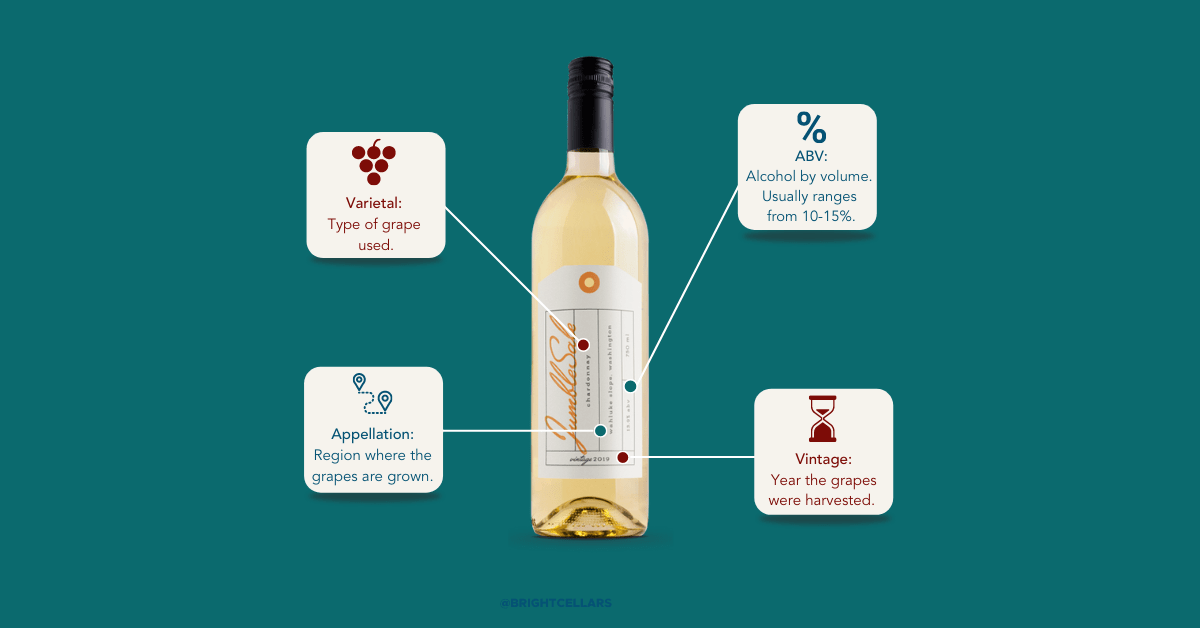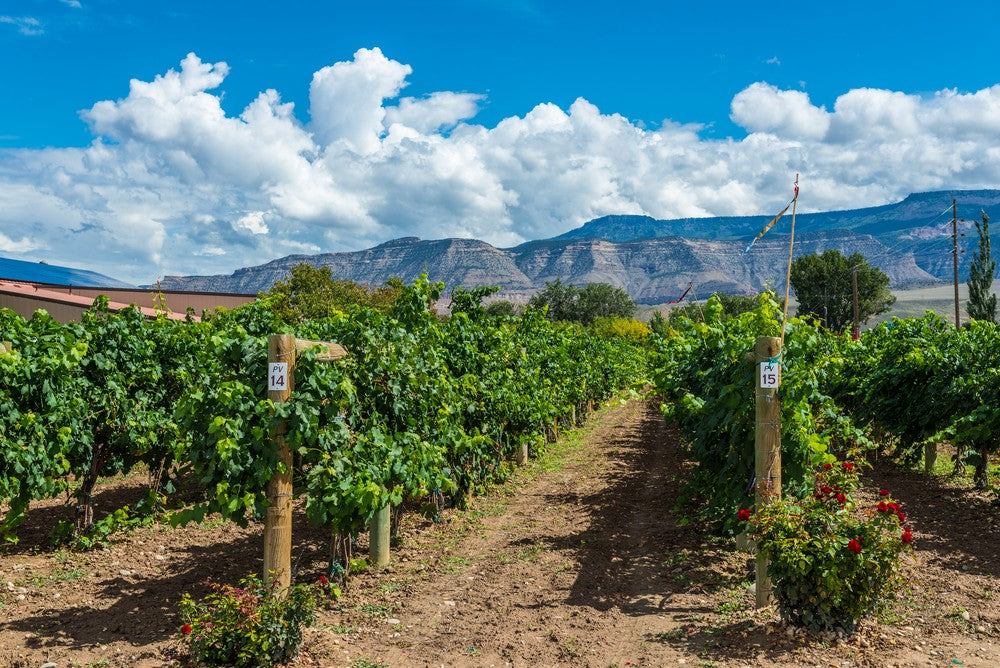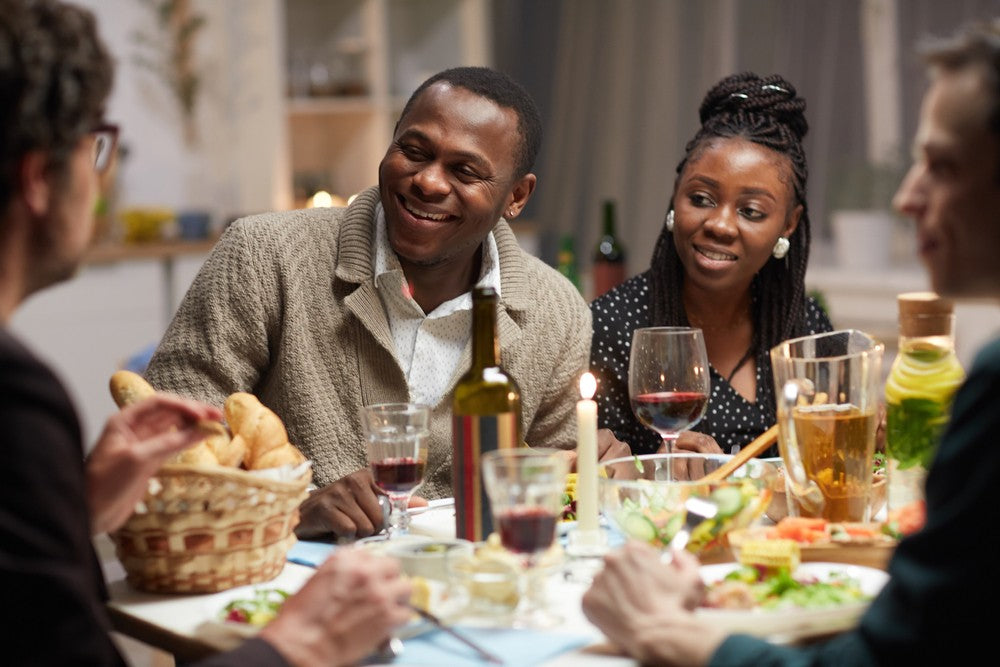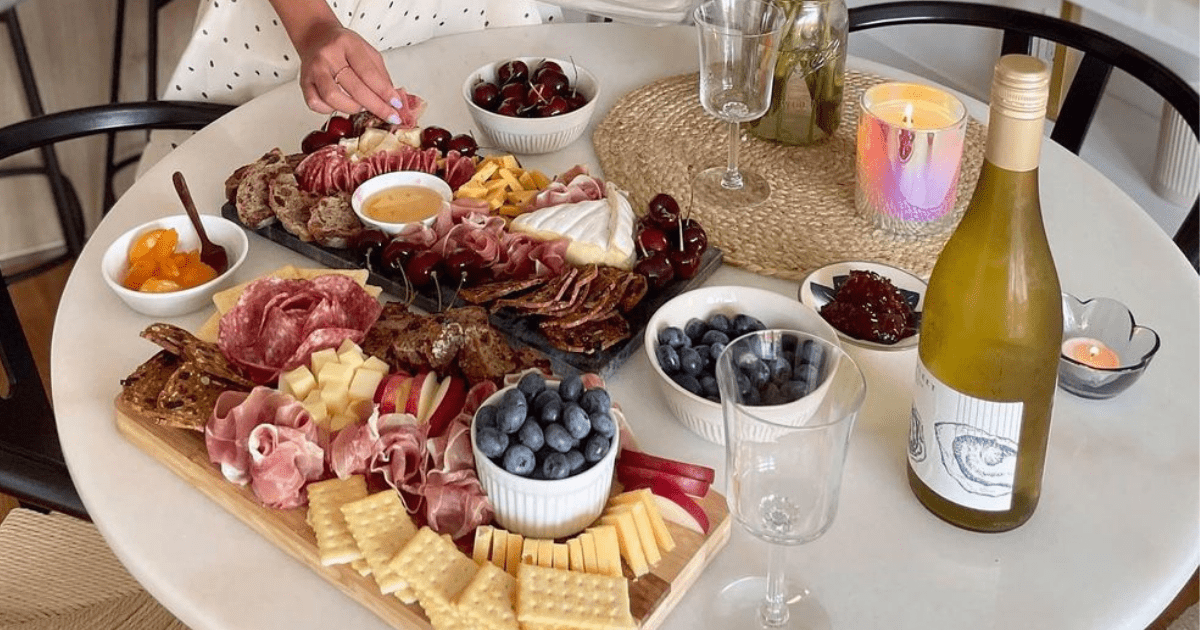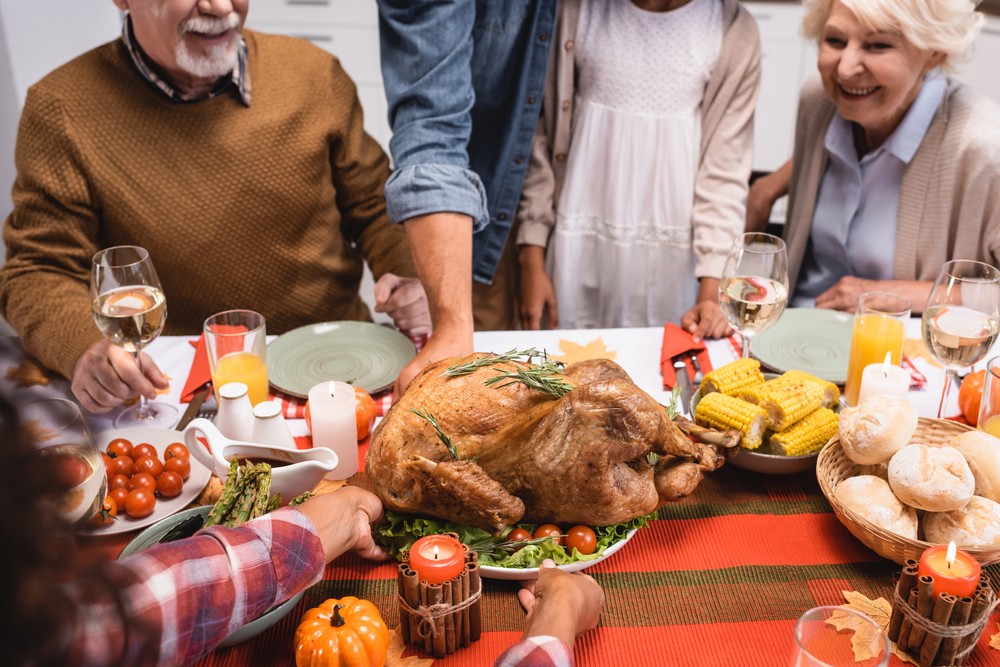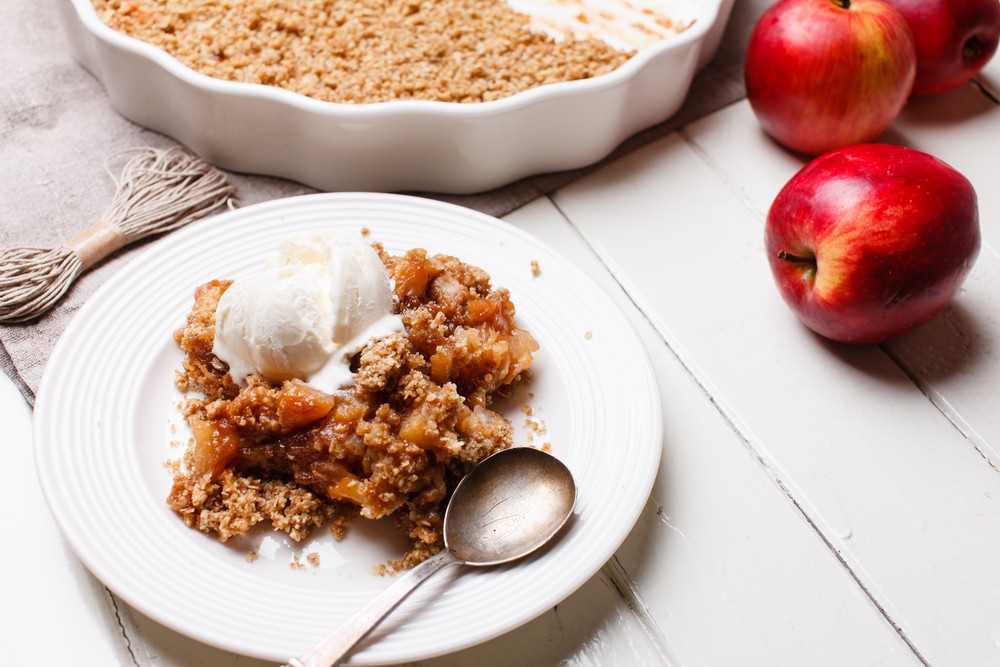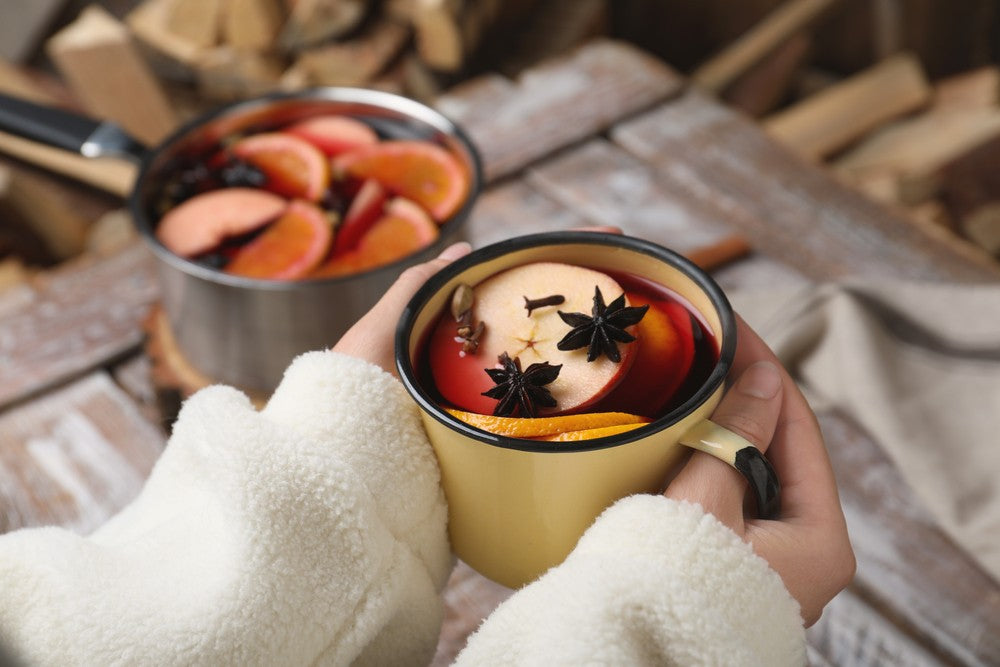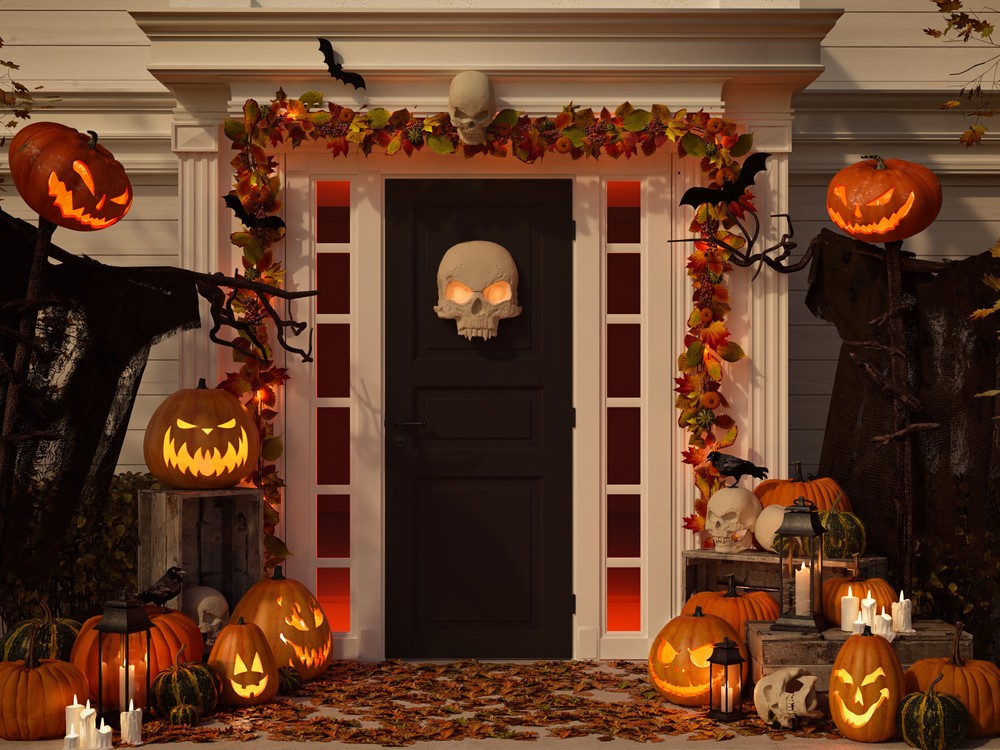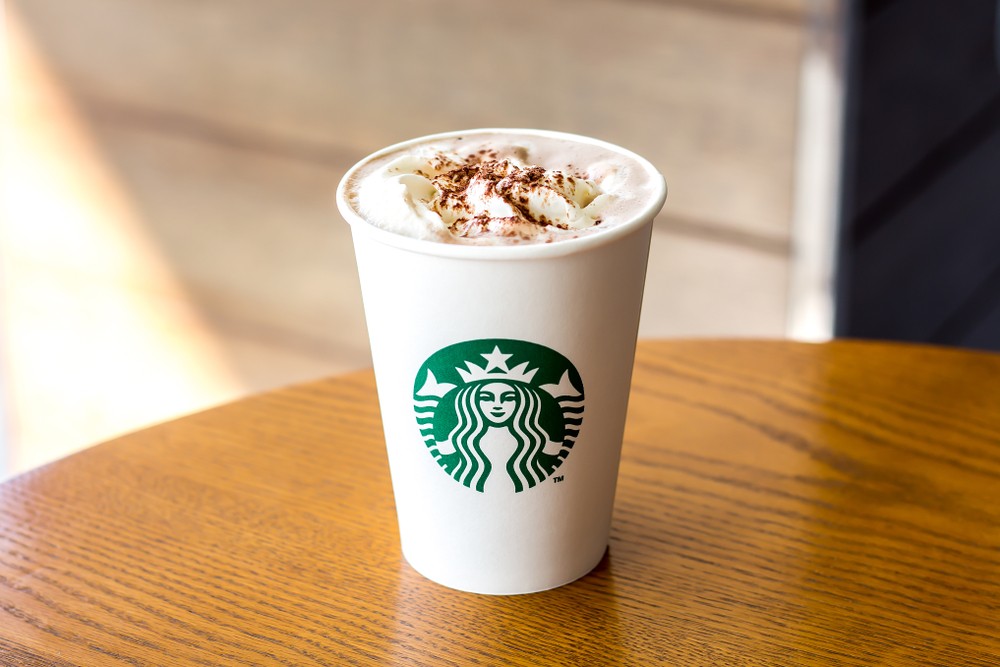
If you were to look to anyone to instruct you on how to drink wine, it would have to be the French, ne c’est pas? The French wine drinking culture is all about enjoying your wine and the people around you.
The French take great pride in the wine that they make and great pleasure in the wine that they drink. Yes – although collectors will pay tens of thousands of dollars for a bottle of French wine, for regular people in France, wine is simply a part of everyday life.
In France, similar to other places in Europe, drinking wine is a social activity. People in France drink more wine than anywhere else and they’re notably healthier than Americans – a phenomenon that has been called the French Paradox. While it’s true that moderate amounts of red wine have been linked to longevity and a host of other health benefits, there seems to be something more at play.
It’s not just that the French drink wine, but rather, how they drink wine. When the oldest man in Médoc – a region in southern France – was asked about his longevity, he responded that he drinks wine everyday. What about water? Well, he said, “water is for ducks.” This is not to say that French people don’t drink water, of course. But this mindset demonstrates how the French think about wine, and indeed, living. To them, it’s about enjoyment. And frankly, what is more enjoyable than a glass of wine with dinner? So, don your beret, tear off a chunk of baguette, and learn how to drink wine like the French.
When to Drink Wine
First thing’s first: In France, you drink wine with your meal – not before and not after. Now, if you’re traipsing through the hillsides of Provence, you may spot someone drinking rosé in the middle of the afternoon. Most likely, this person is a tourist. When you’re on vacation in France, you should totally feel free to sip a glass of wine at any time that suits your mood – whether you’re touring a vineyard or sitting at a Parisian café. But when we’re talking about the proper way to do things in France, wine is reserved for mealtimes. It's not uncommon to drink wine at lunch, but just like in Spain and Italy, wine is sipped slowly. It’s about enjoying the company of the people you’re with, and not drinking to get drunk. Over the course of an hour- or two-hour-long lunch, you’ll probably only have a glass or two of white wine. At dinner, wine is as much a staple on the table as bread and butter. When you sit down to eat, the host – or the waiter, if you’re at a restaurant – will pour everyone a glass, you’ll clink glasses, and begin your meal. French people will stop drinking their wine – even when it’s unfinished – when they finish the meal. After dinner, they’ll move onto a liqueur as a digestif, be it cognac or brandy. And by the way – just like in Italy – the French will do before-dinner drinks (or an aperitif). However, they won’t drink wine before dinner. Instead, it’s common to choose a liqueur like kir or pastis.

Choosing a Wine
Even though the French tend to have a reputation for being snooty about their wine, unless it’s a special occasion, the process of choosing a wine is usually kept pretty simple. Red wine is paired with meat or tomato-based dishes and white wine is paired with fish and seafood.
The French wine drinking culture is not as intimidating as it seems! French people will drink different wines depending on the season. Right after the harvest in September, it’s common drink wines that are best served fresh, like Beaujolais Nouveau. Red wine is most common in winter, although you can certainly drink red wine any time of year. White wine and rosé are reserved for the spring and summer.
In France, the kind of grape (or grapes) used to make wine is less important than where the wine was made. This is because, to the French, terroir – aka, the climate and soil of the vineyard – is one of the most important qualities in wine. They wouldn’t say, “I prefer Cabernet Sauvignon.” They’d say, “I prefer Bordeaux” – except they’d say it in French. People who live in France may only be familiar with regional wines, and if you’re visiting, you should certainly choose a wine from the region where you’re staying. This is partly to avoid causing offense, and partly because a regional wine will pair well with regional food.

… at the Store or Market
Here’s the good news: In France, a bottle of wine is cheaper than you might expect. Again, this is because wine isn’t treated like a fancy drink for a fancy occasion – it’s an everyday affair. So, you can expect to find a decent bottle of wine for only five euros. When buying wine, it will help to have a basic understanding of how to decipher a French wine label. They can look sort of intimidating if you don’t speak French, but don’t panic. The main thing to know is that most labels don’t list the kind of grapes used to make the wine. Rather, the label will list the winery and the region, and you can use those clues to figure out the type of grapes that are common to that area.

… at a Restaurant
If you’re unsure of the kind of wine to order, you are allowed to ask the waiter for help. In most cases, you’ll be fine selecting a red for meat and a white for fish or lighter proteins. In many restaurants, you’ll have the opportunity to buy wine by the glass (un verre), the small pitcher (un pichet), or by the bottle (une bouteille).
The waiter will pour the wine for you, and they’ll keep refilling glasses until the bottle is empty. So, if you don’t want your glass to be refilled, simply leave a little wine in the bottom of the glass to signal to the waiter that you’re finit.
Table Etiquette
When you’re trying to impress your French friends, here’s the “right way” to drink wine at dinner. First, if you’re not the host of the party, wait to be served. The host or a waiter will pour wine for everybody. Here’s an important tip: Don’t take a sip until everyone at the table has been served. Sure, you’re probably very excited to taste French wine, but slow your roll or you’ll risk offending the host. If someone makes a toast, listen intently and take a sip at the end. If there’s no toast, it’s still common to “cheers” before starting to drink. The French will say à votre santé or à la vôtre (meaning “to your health”), or simply tchin-tchin (cheers). Be sure to make eye contact with each person at the table when you say cheers. When you clink glasses, don’t reach over anyone else’s arms to get to someone across the table – just wait your turn. This process may seem a little slow, and that’s the point. Dinner is the time to slow down, sip your wine, take a bite, and engage in good conversation.

